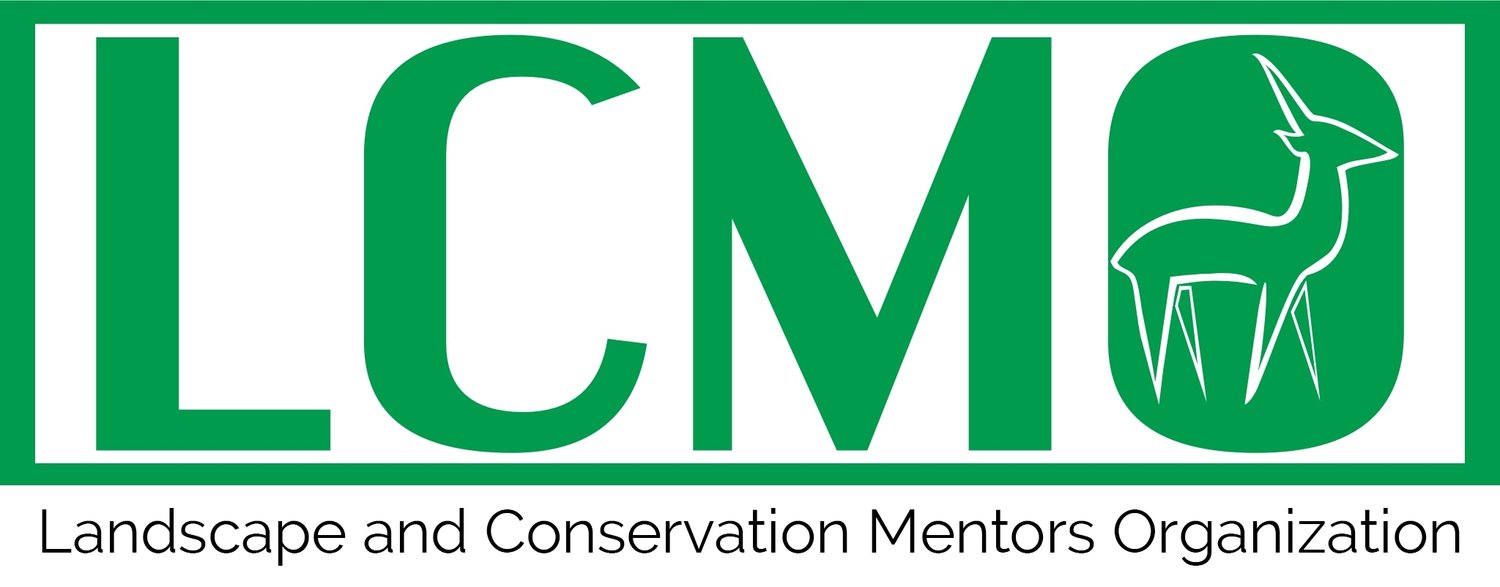“Locals leading and learning from the locals”
WASIMA
Watu, Simba na Mazingira // People, Lions and Environment
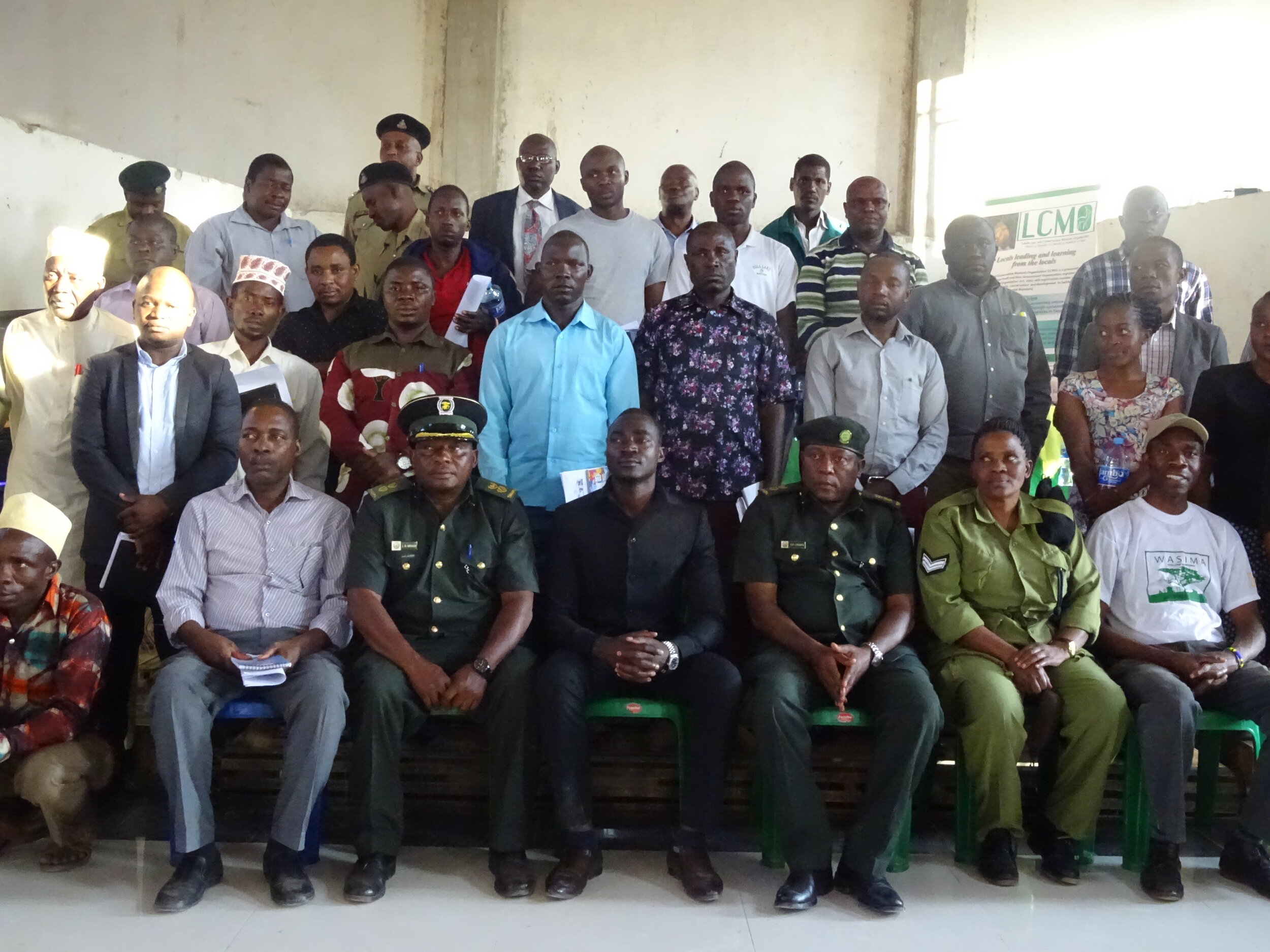
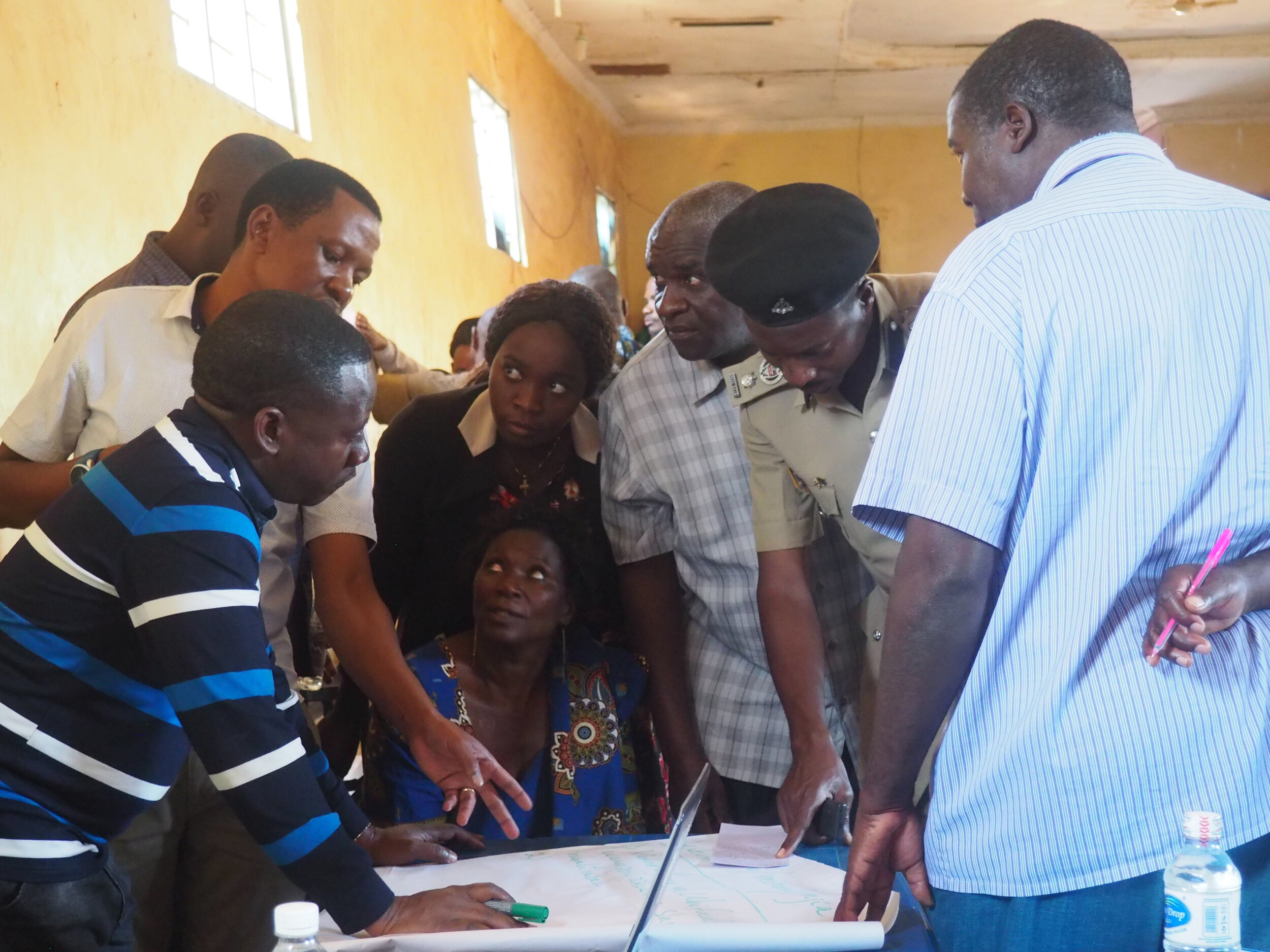
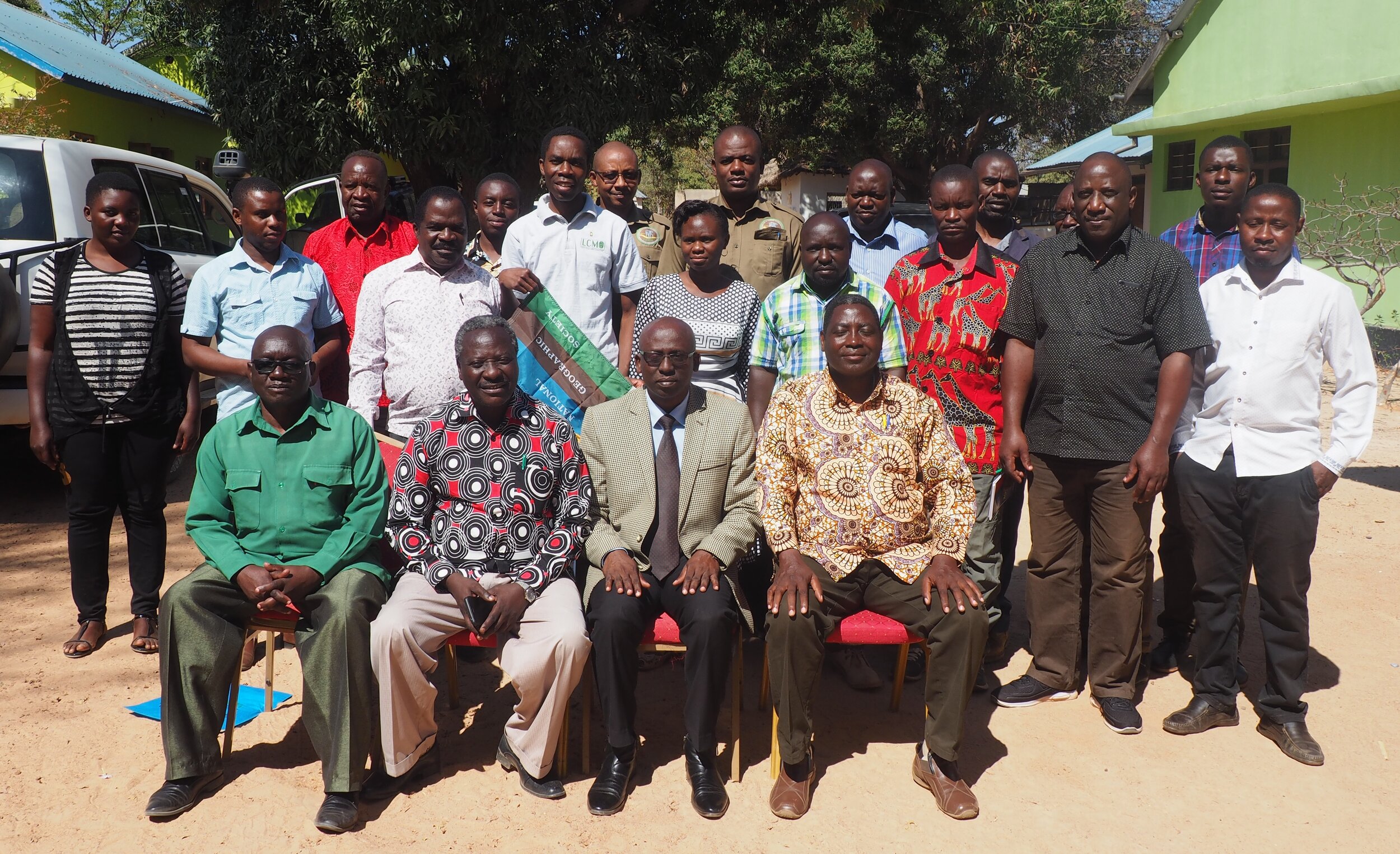
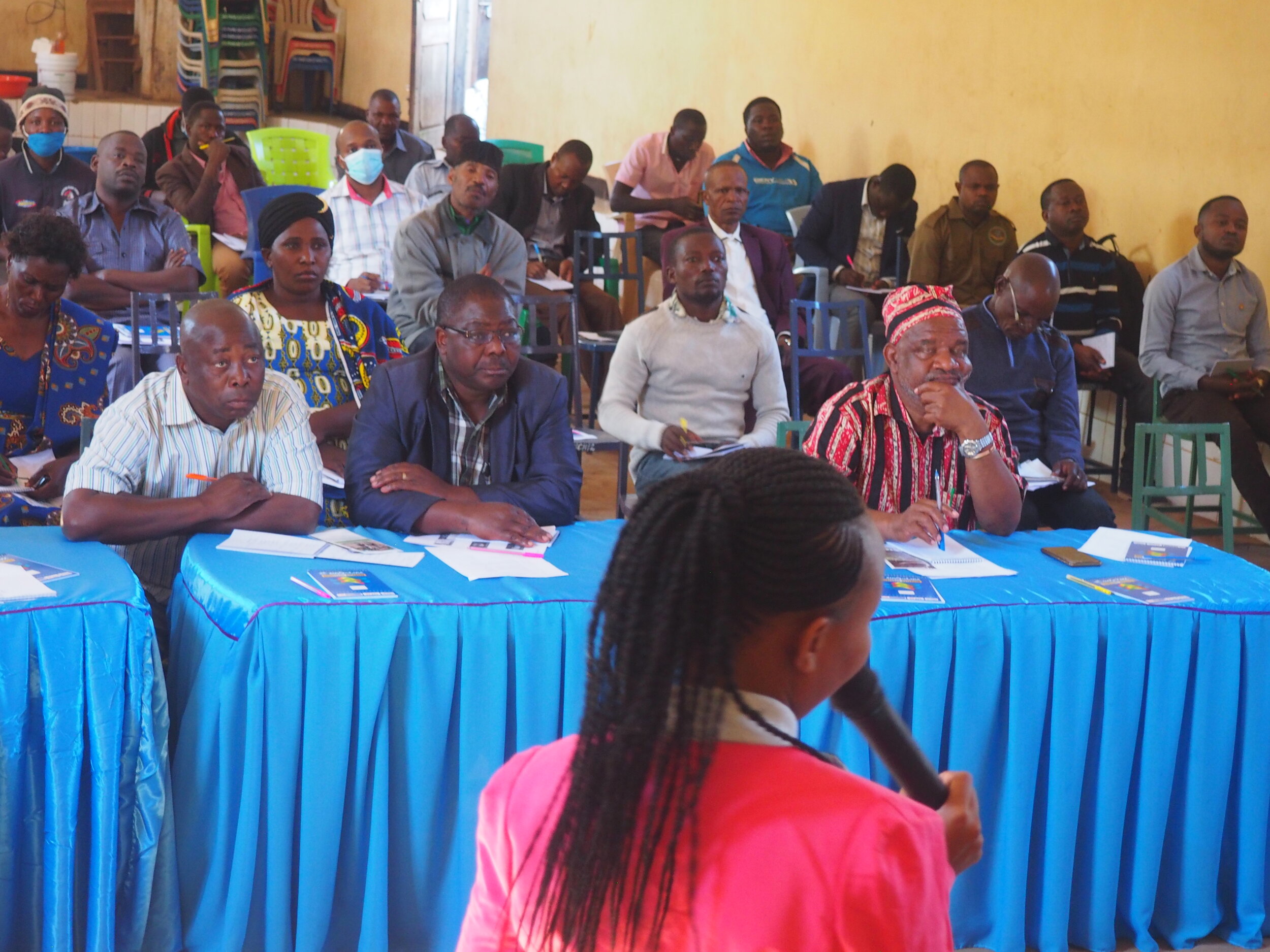
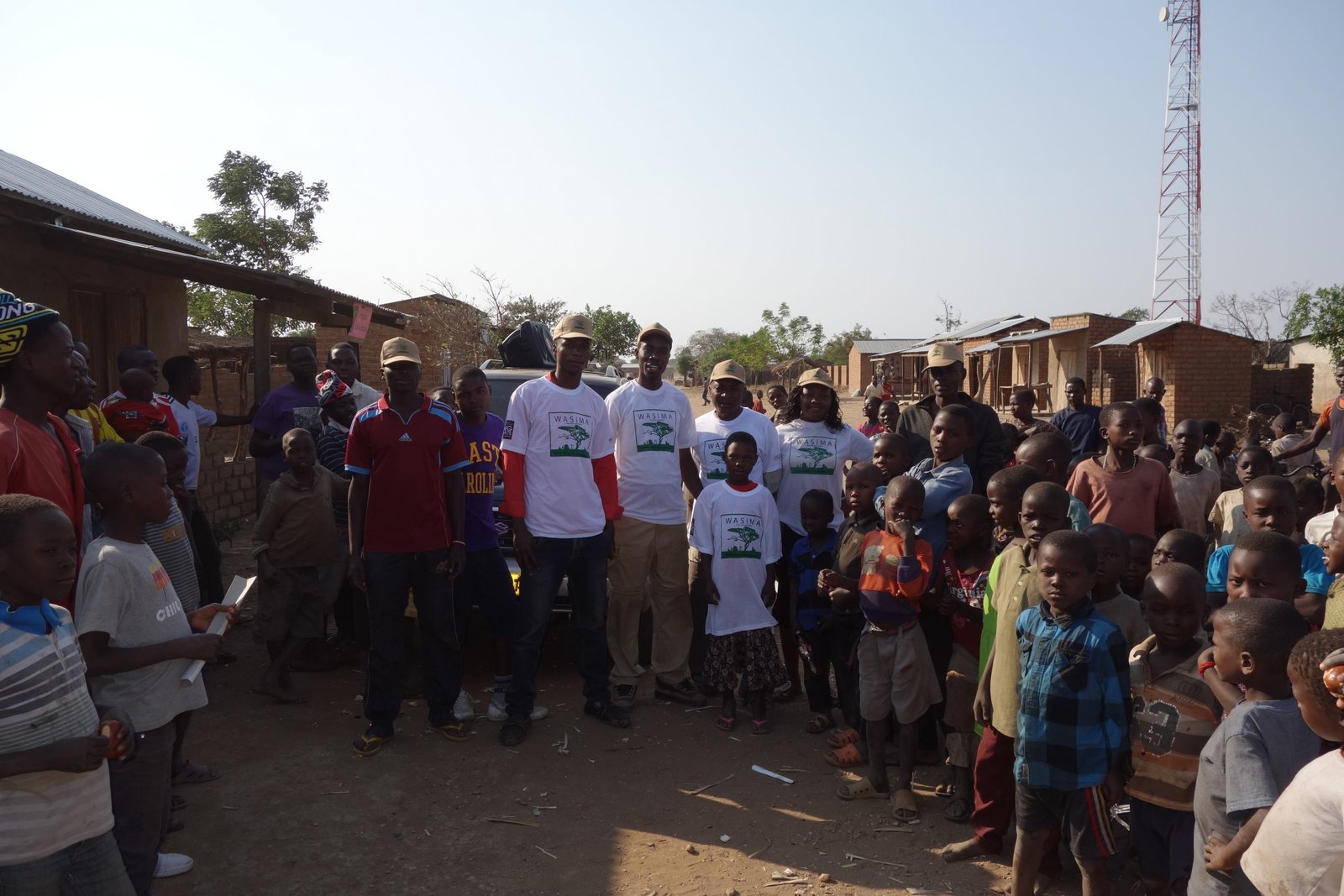
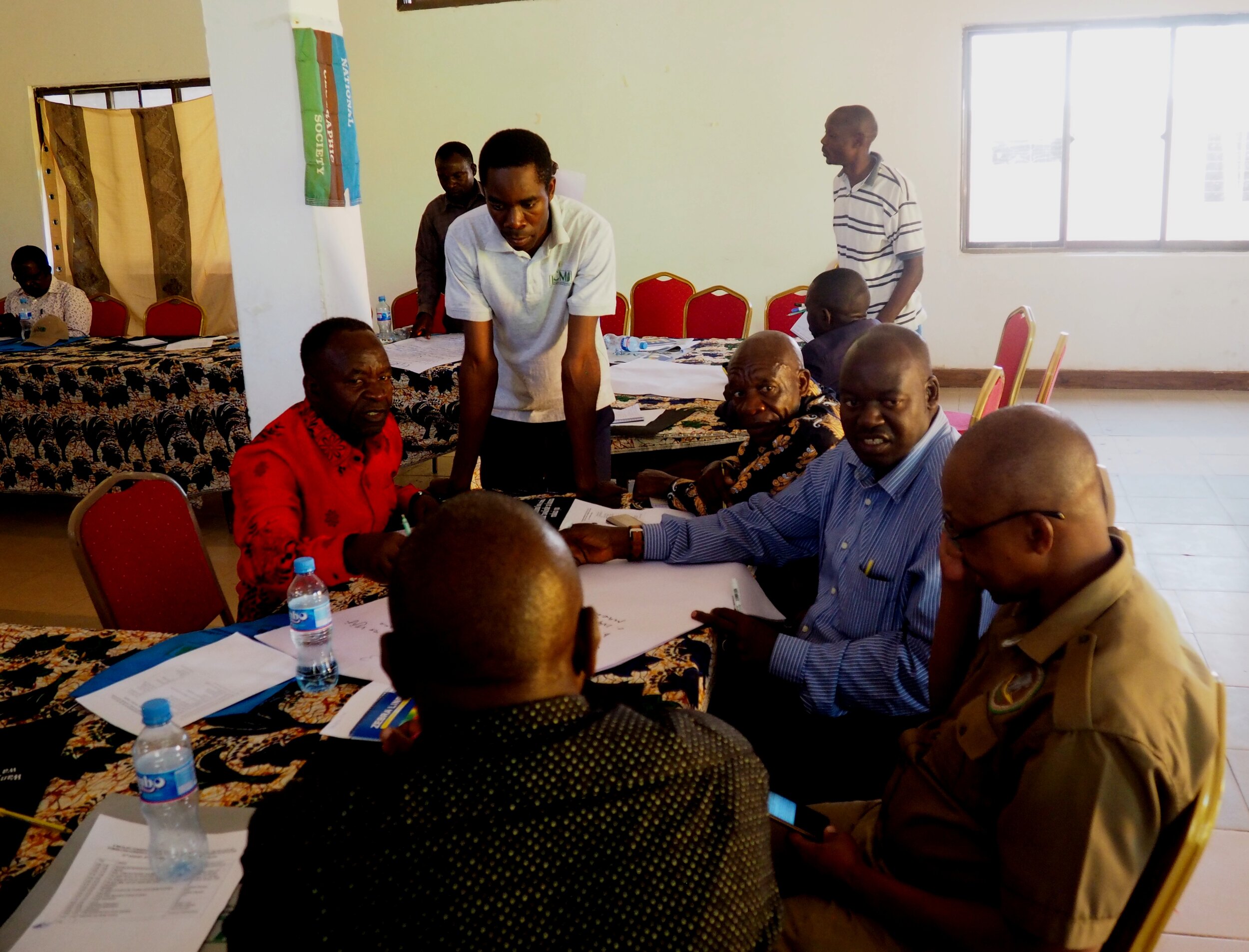
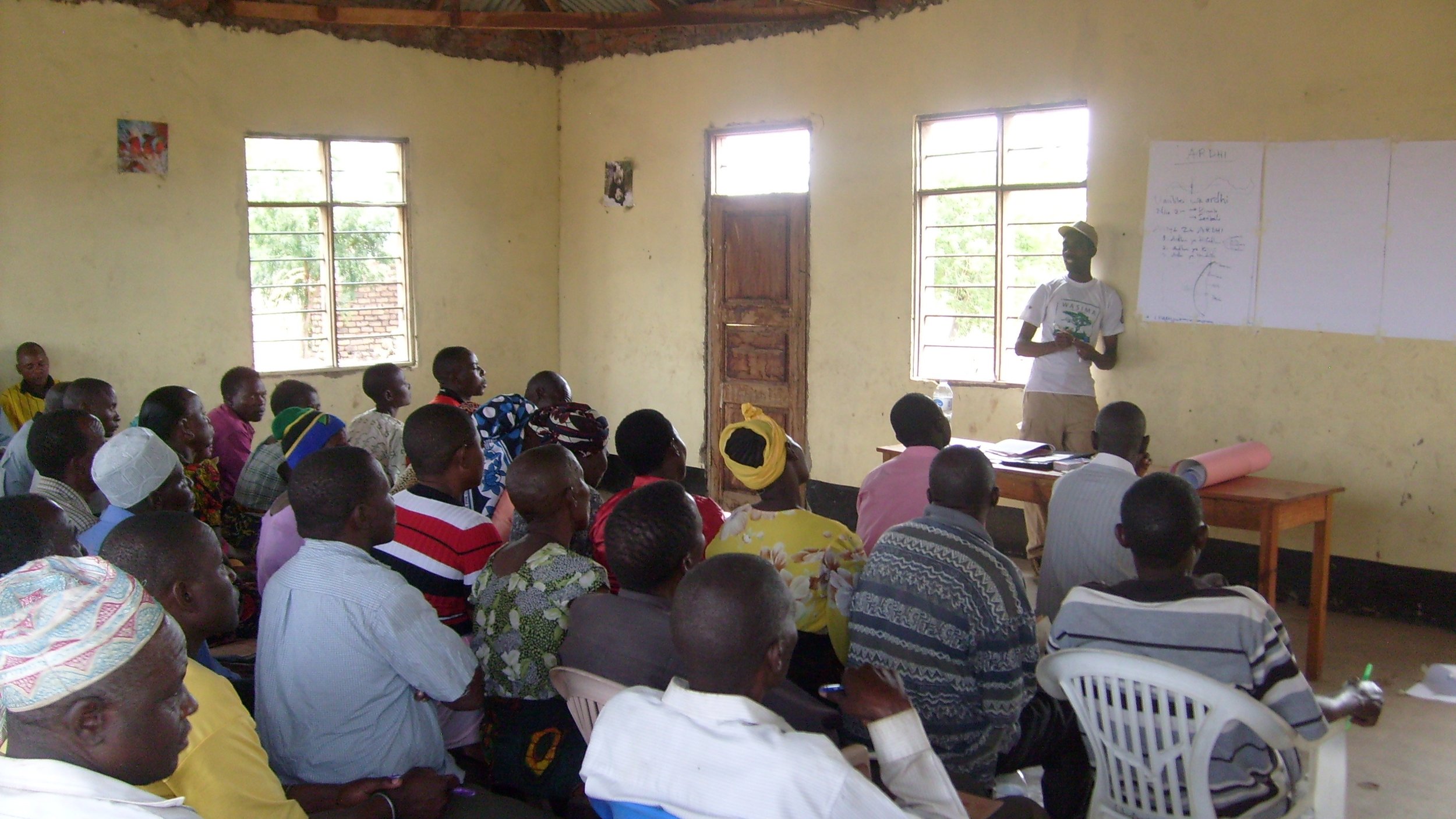
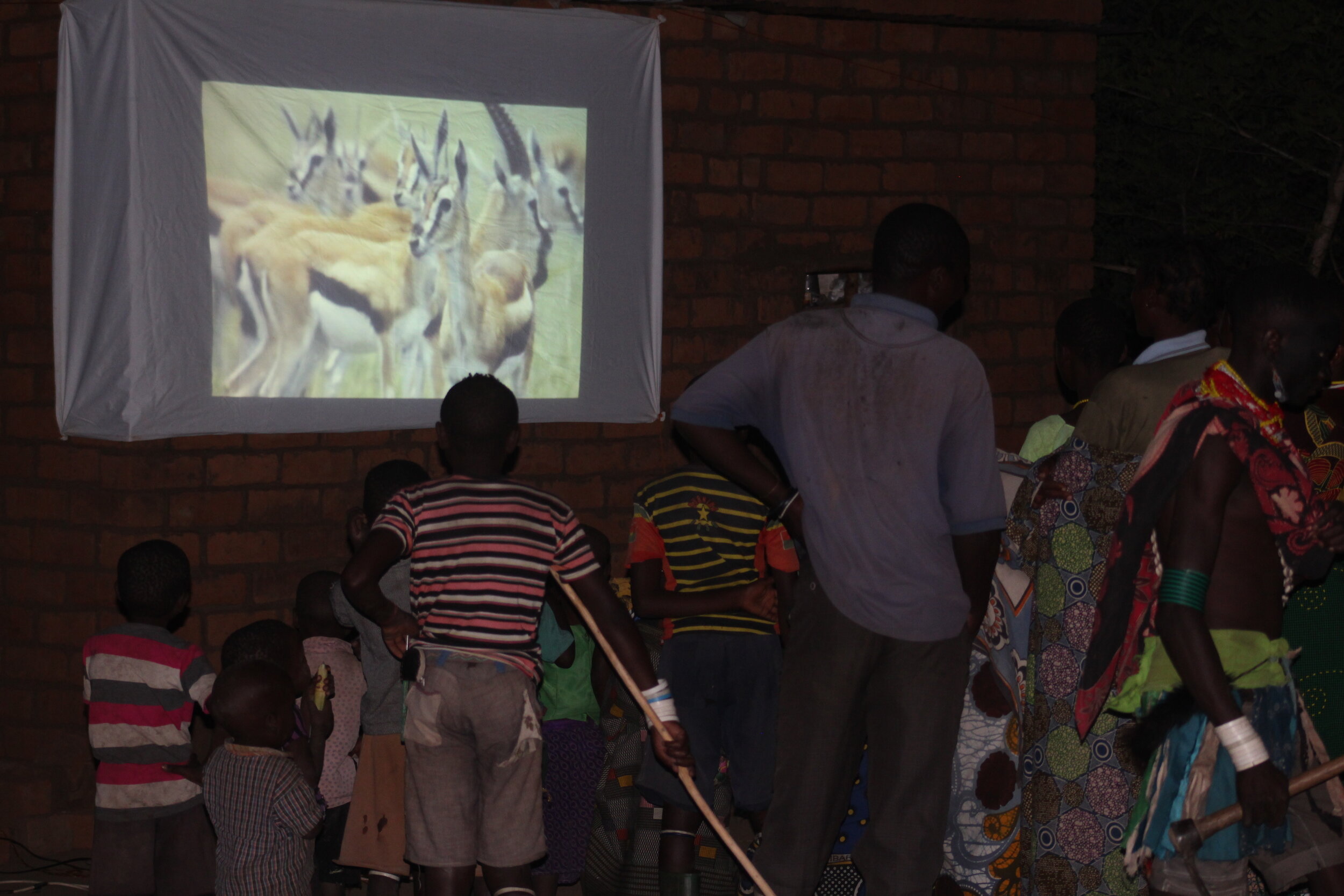
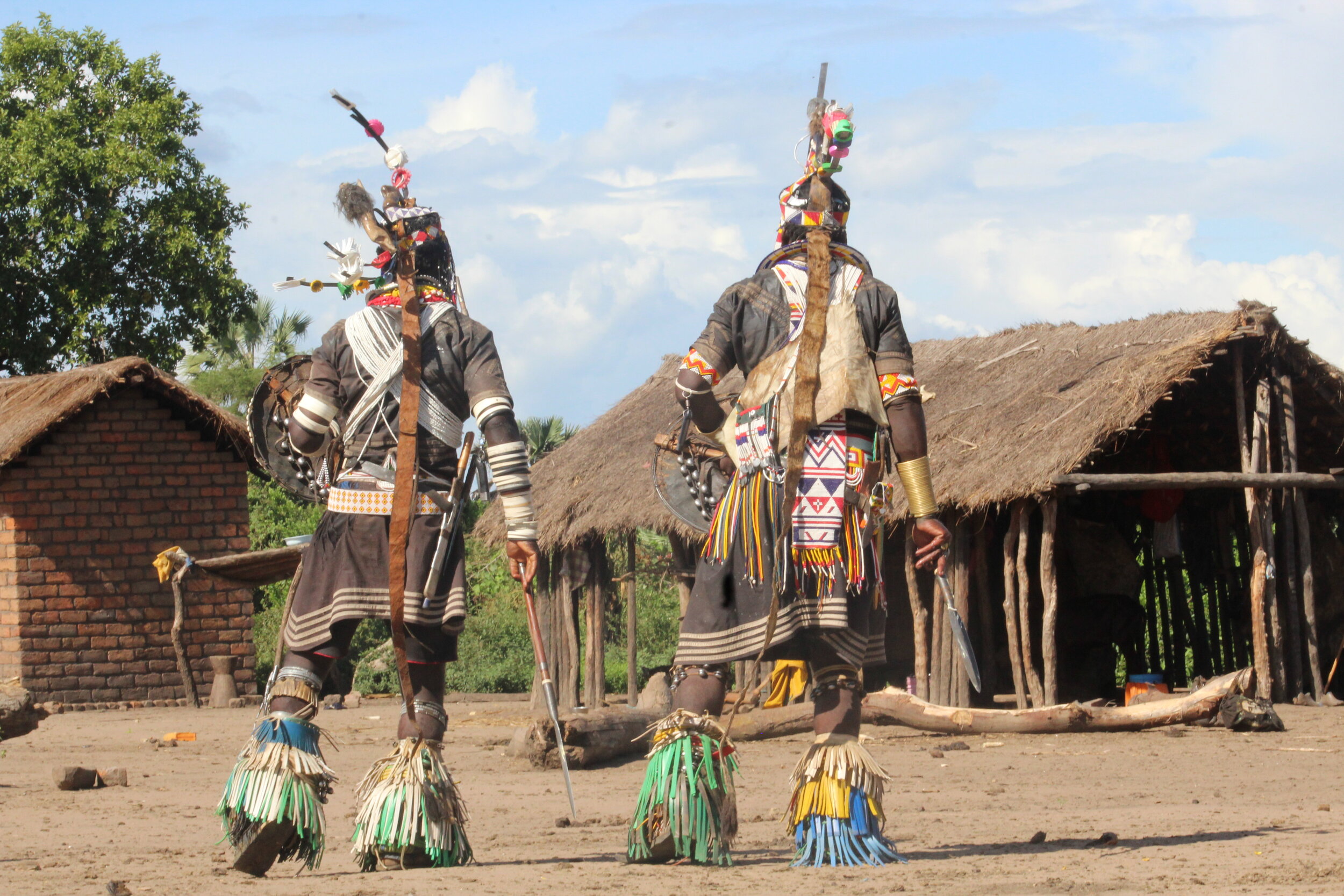
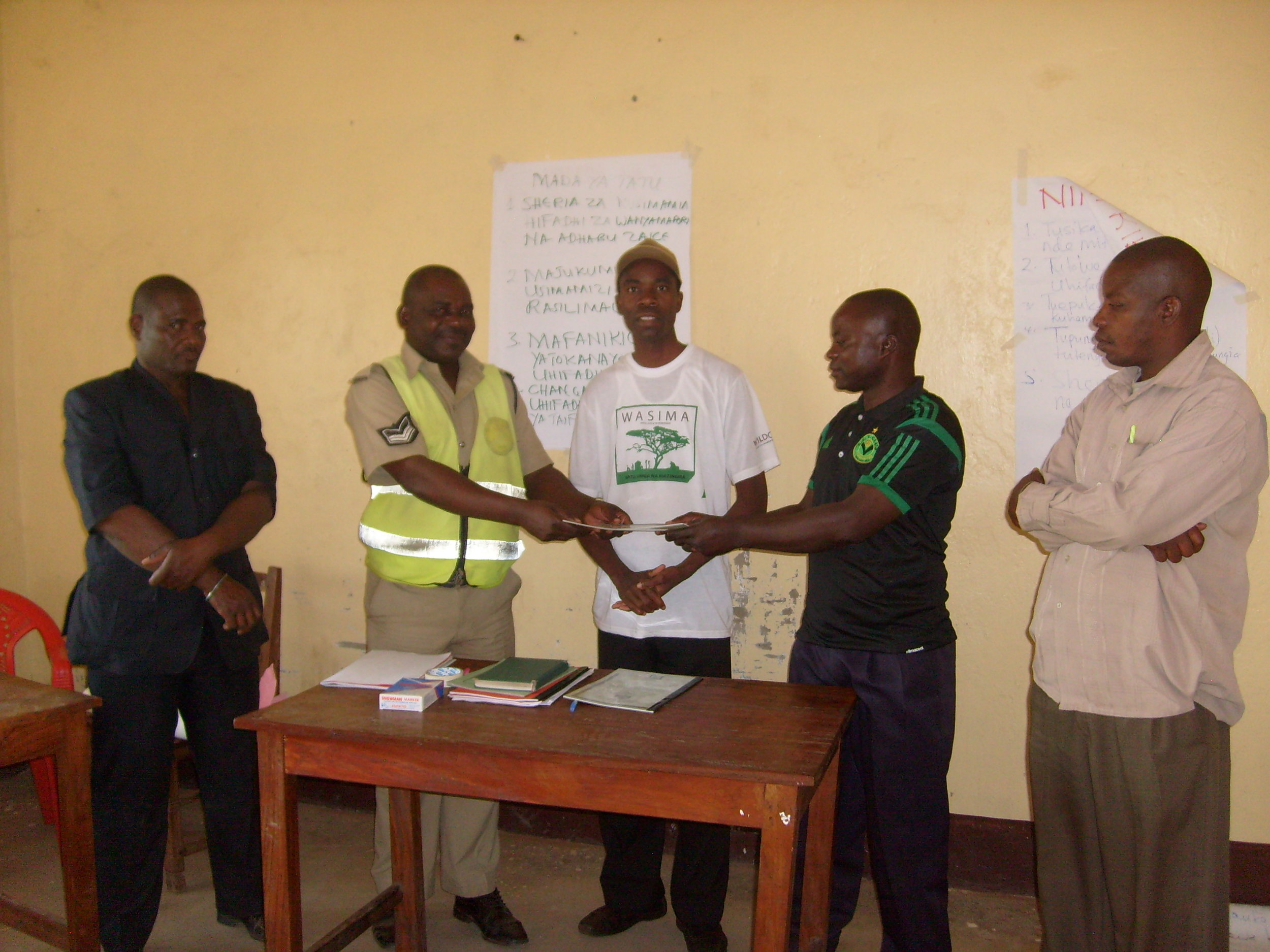

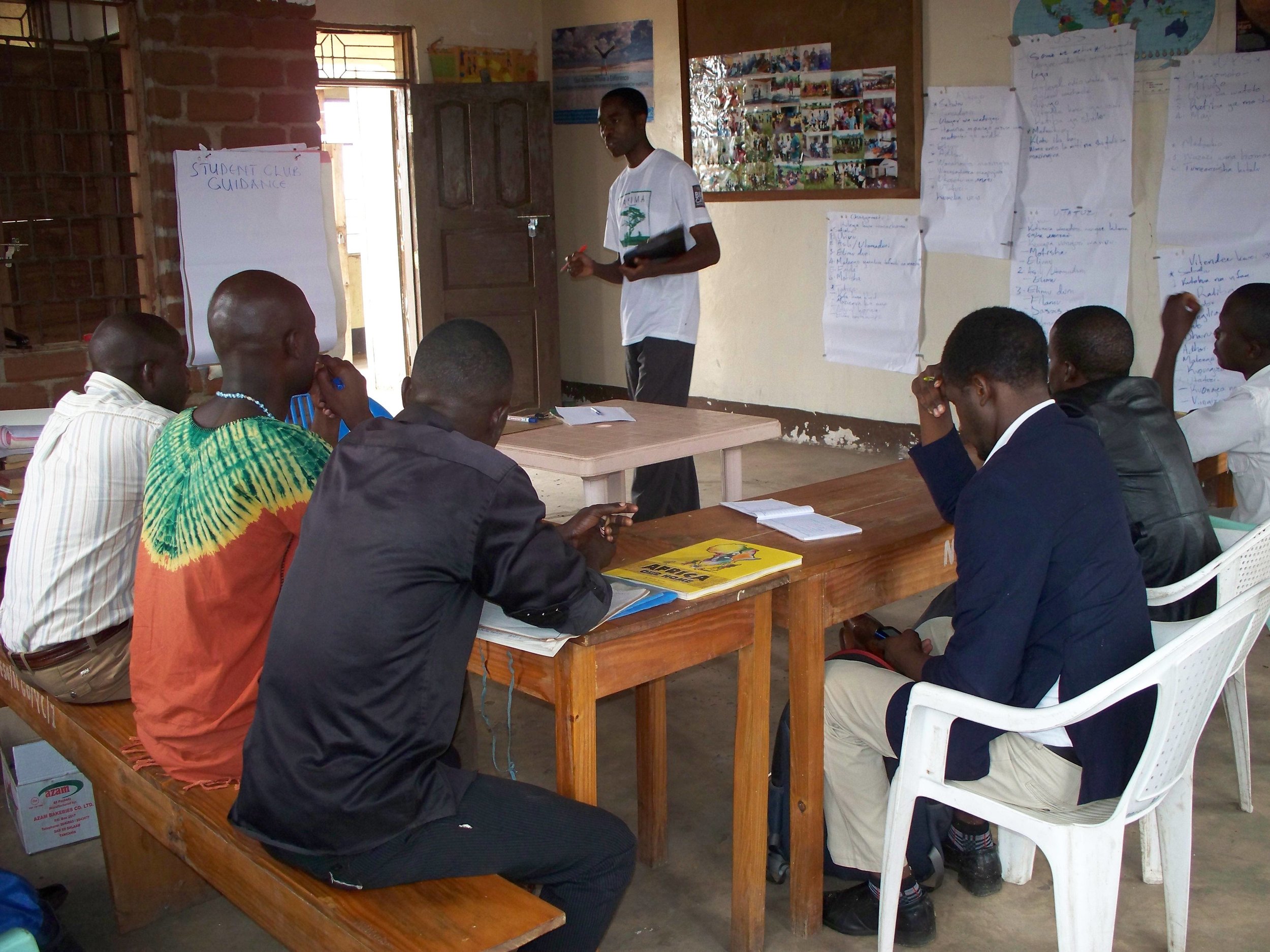
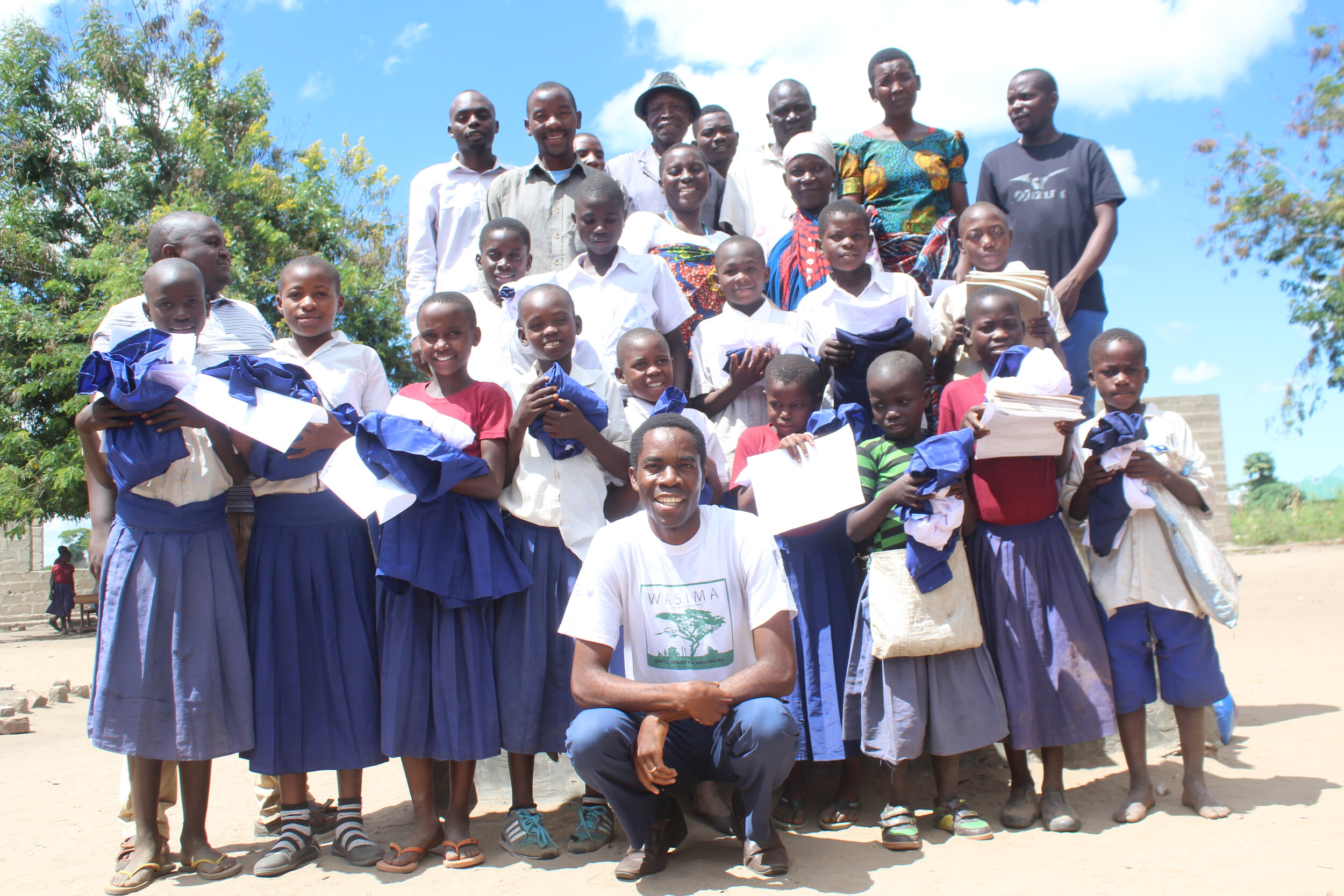
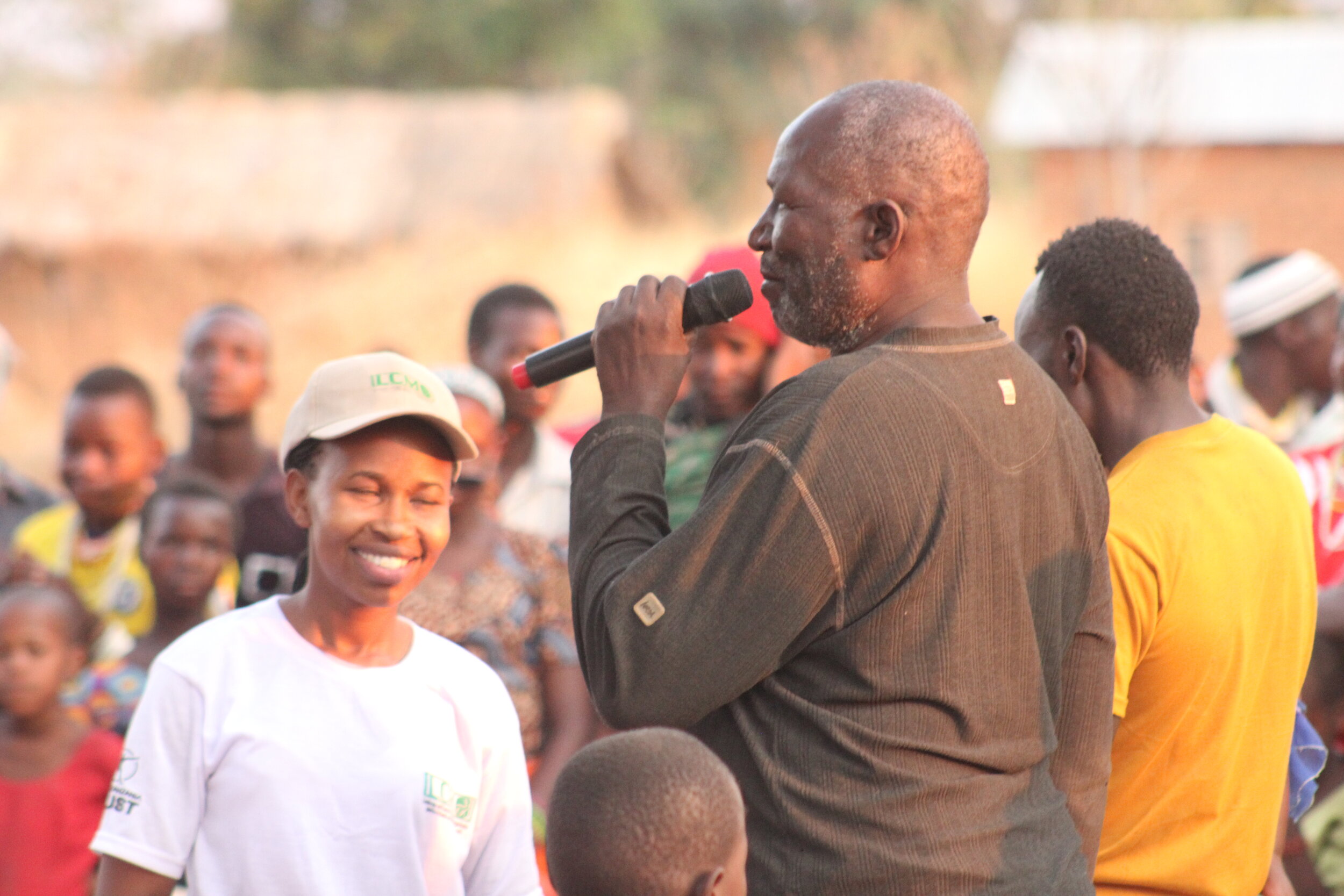
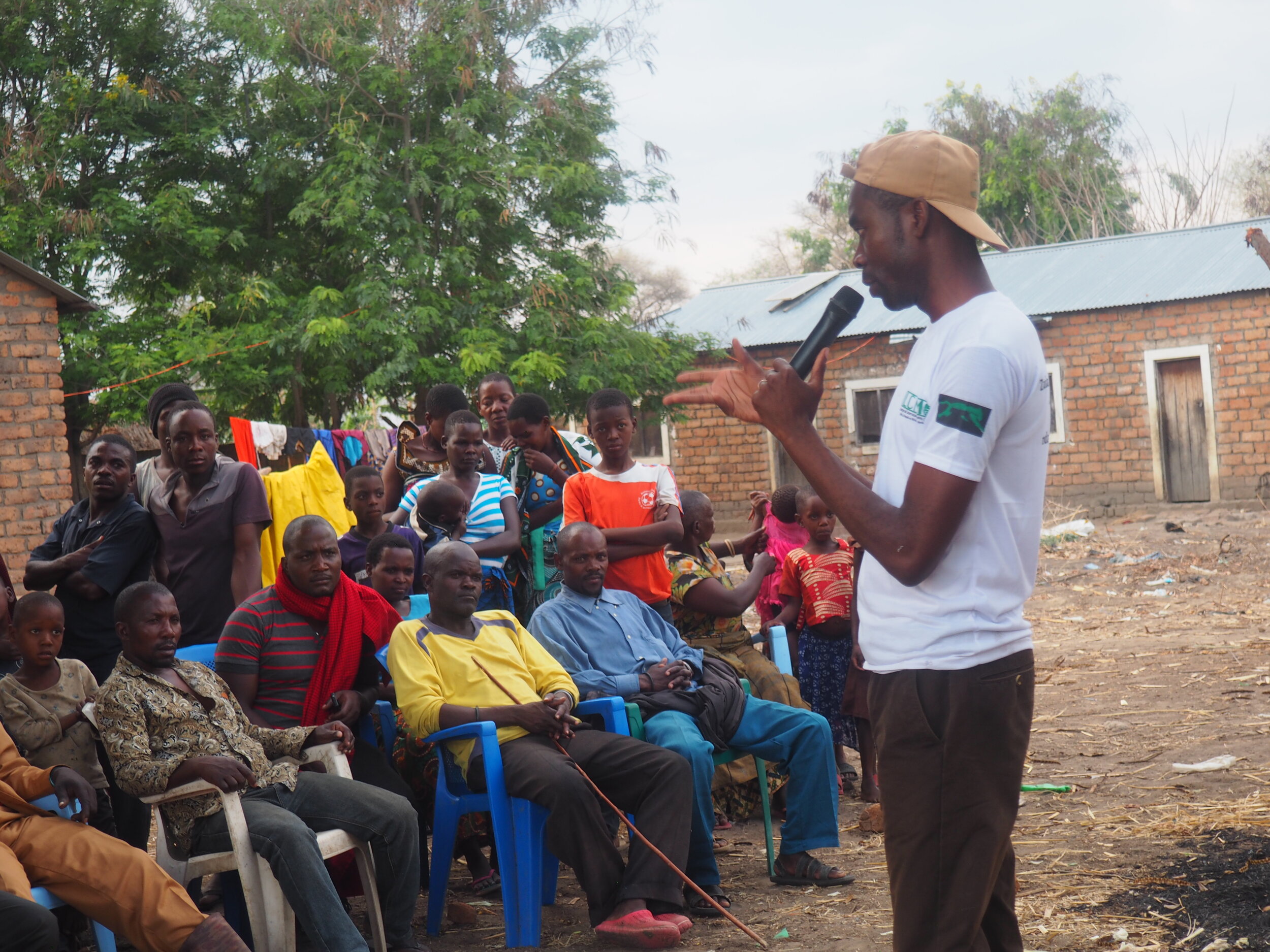
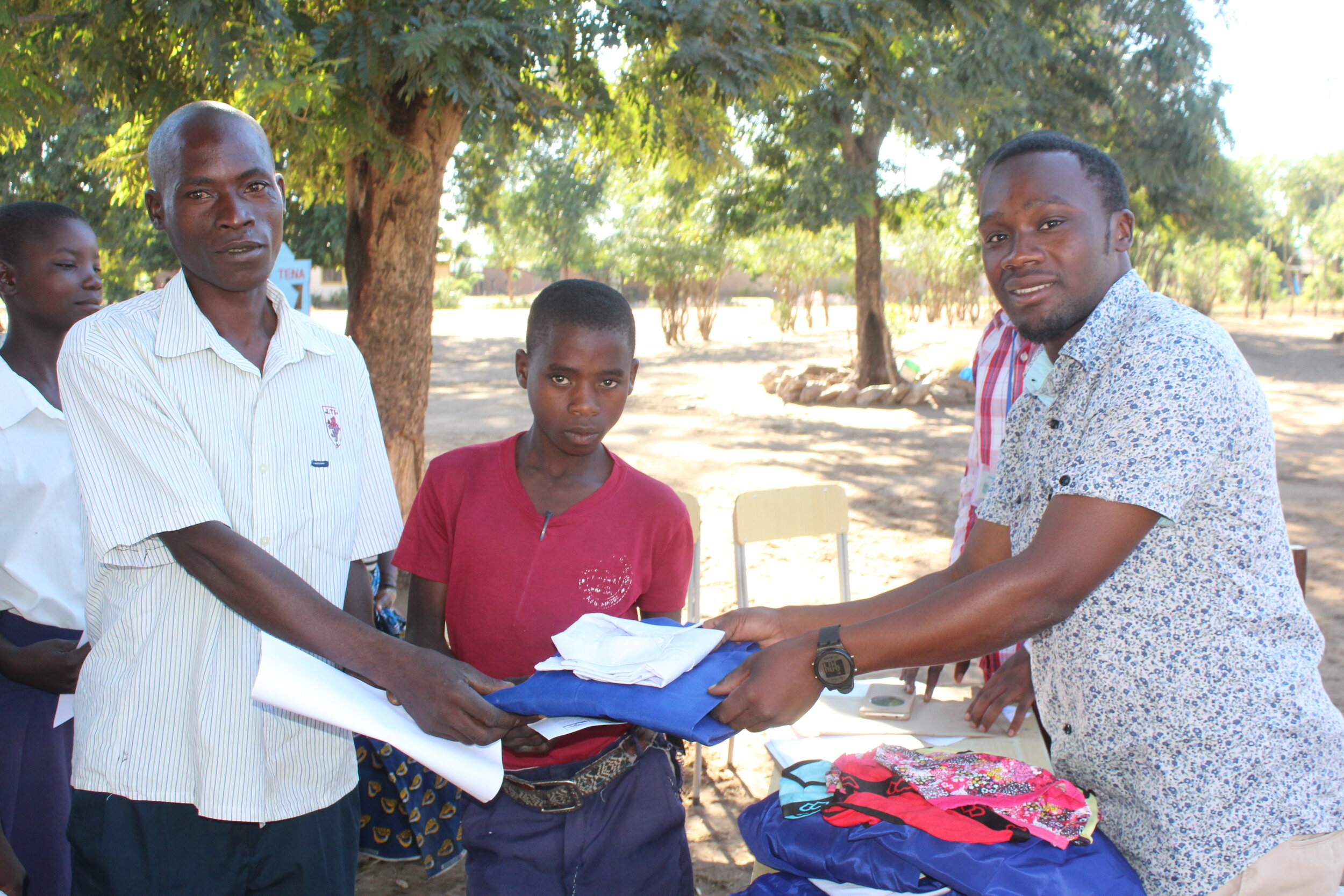
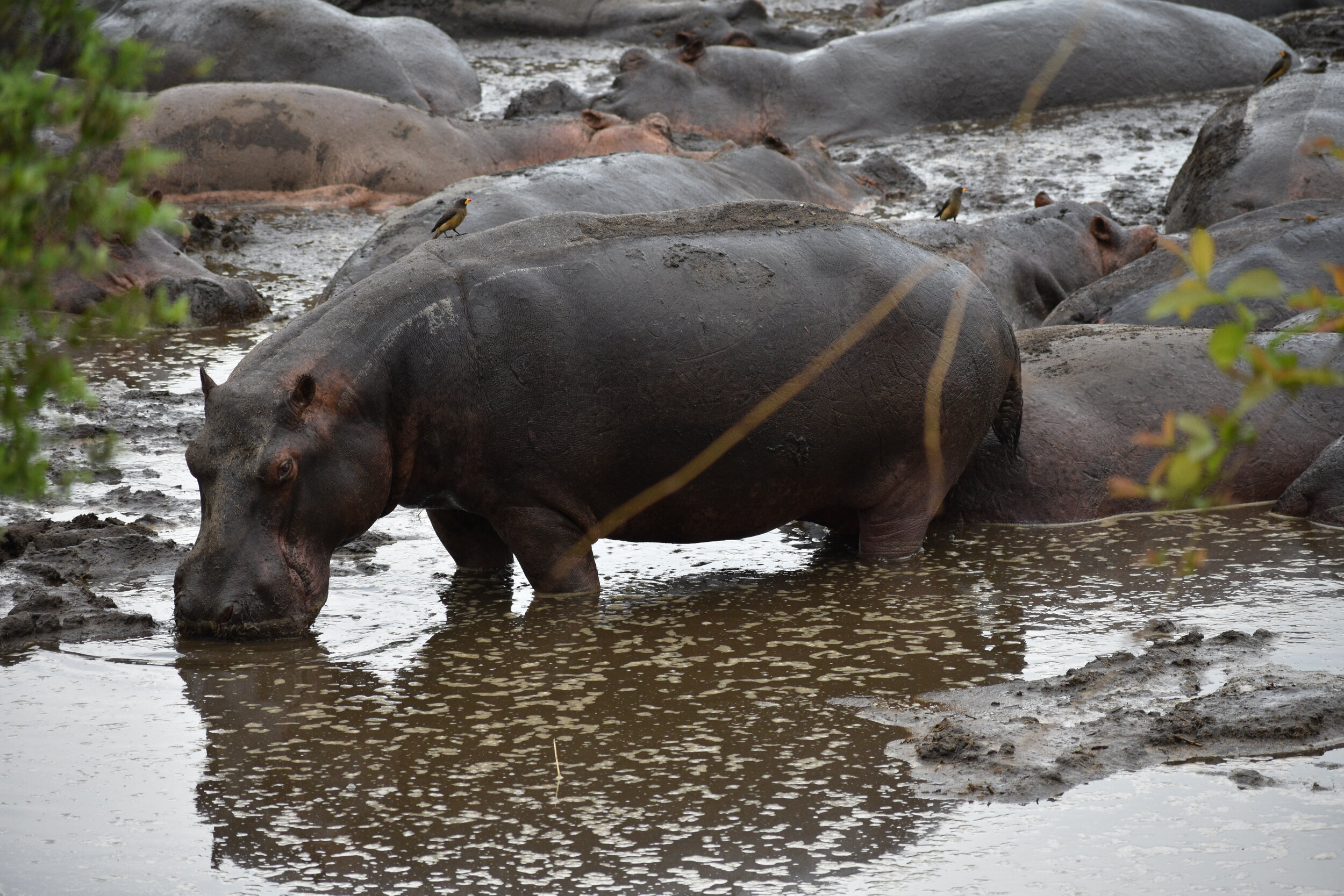
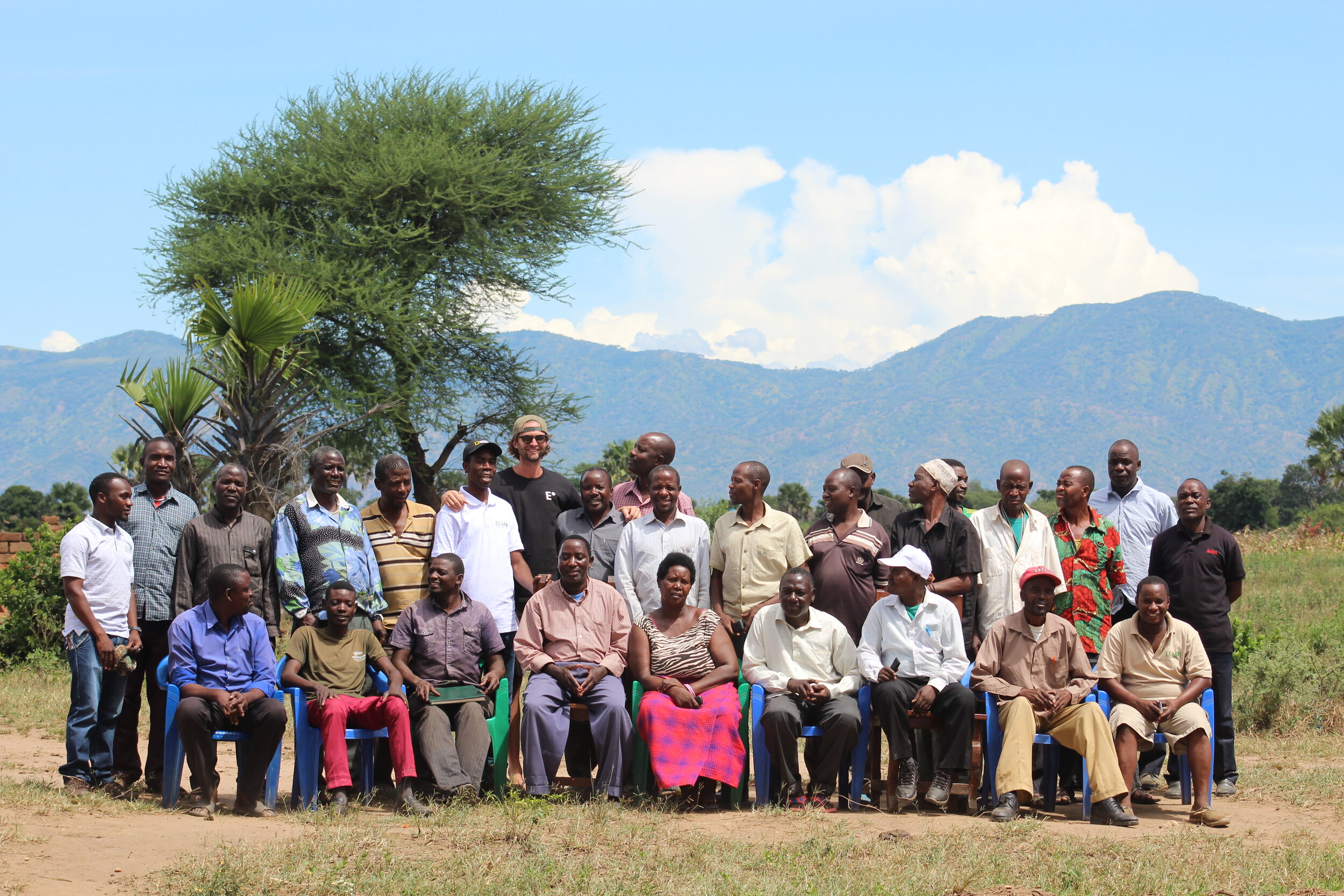
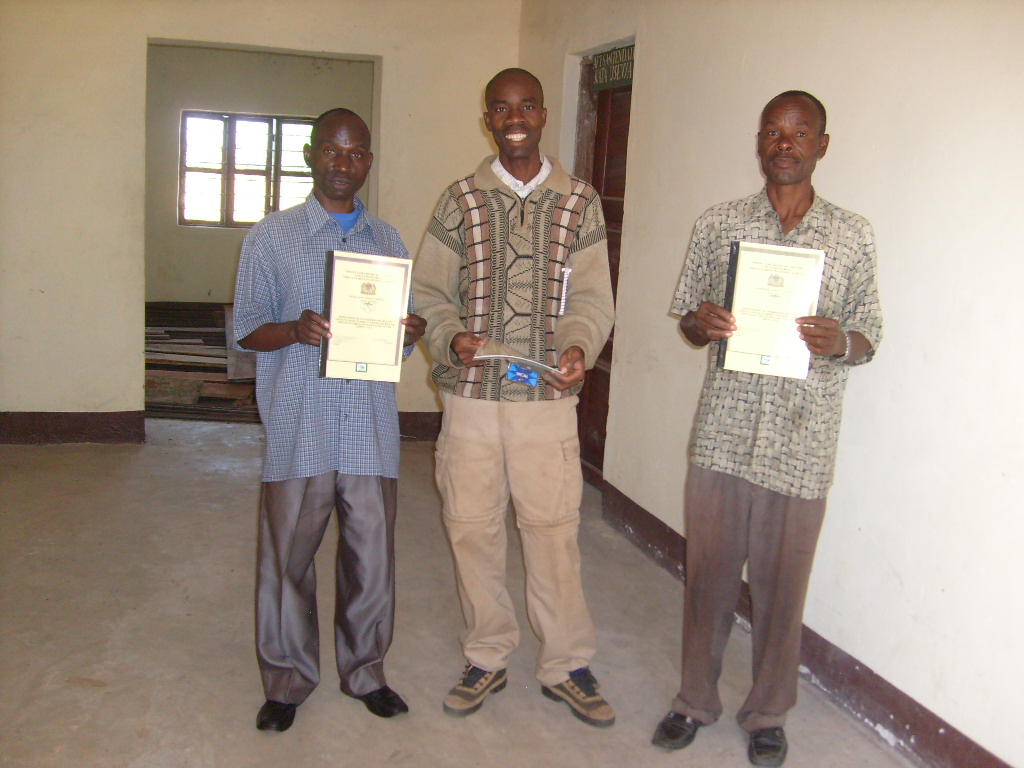
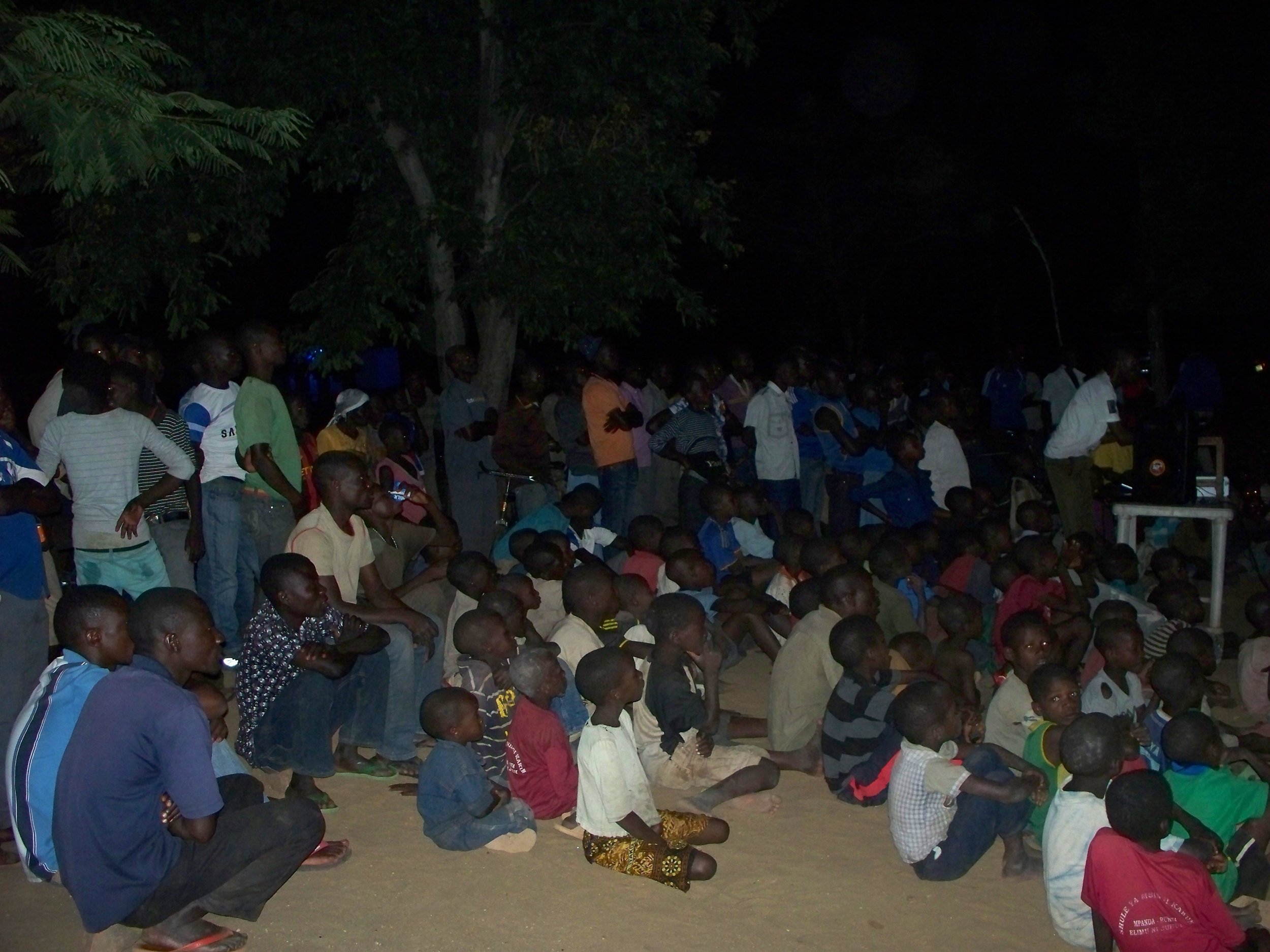

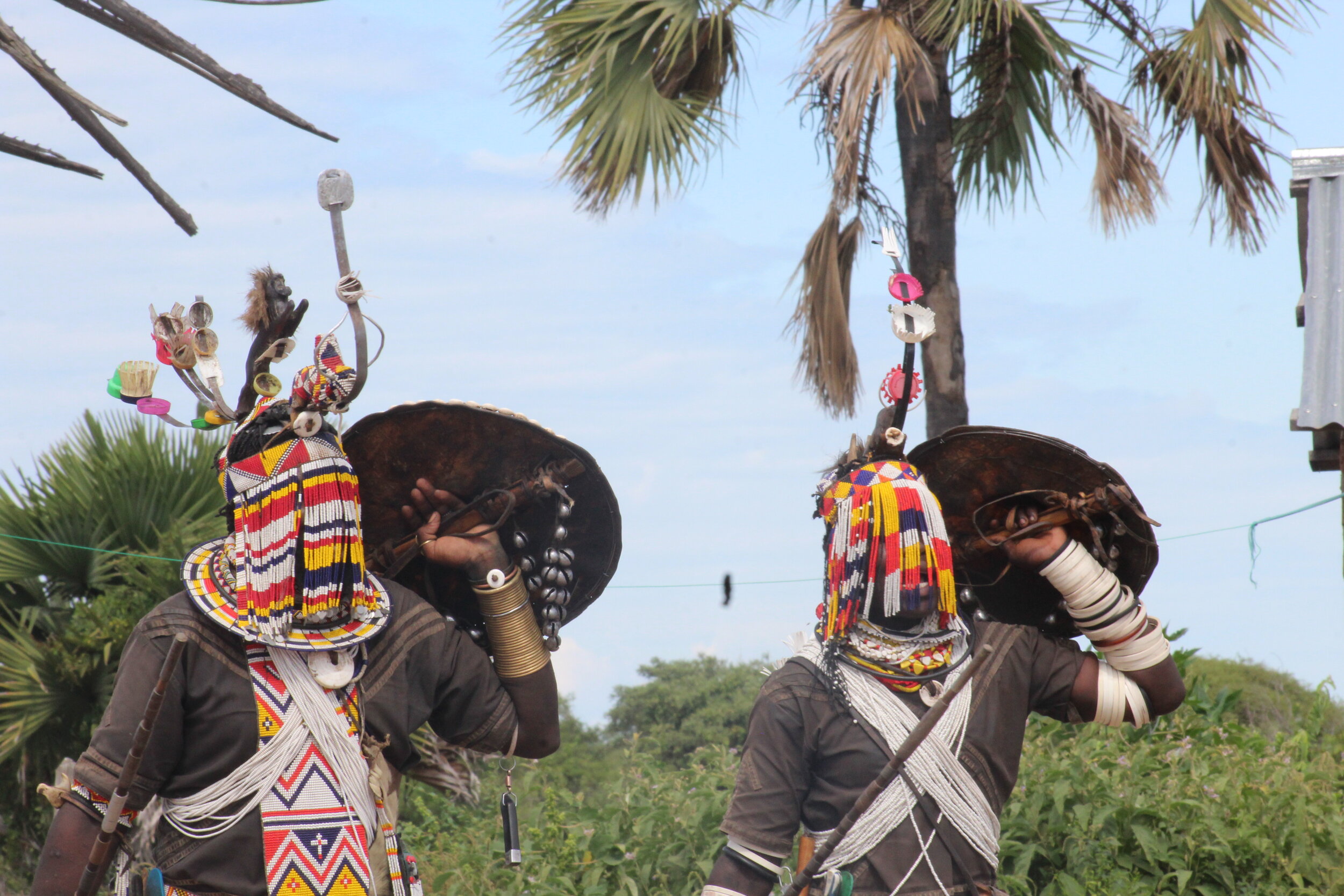
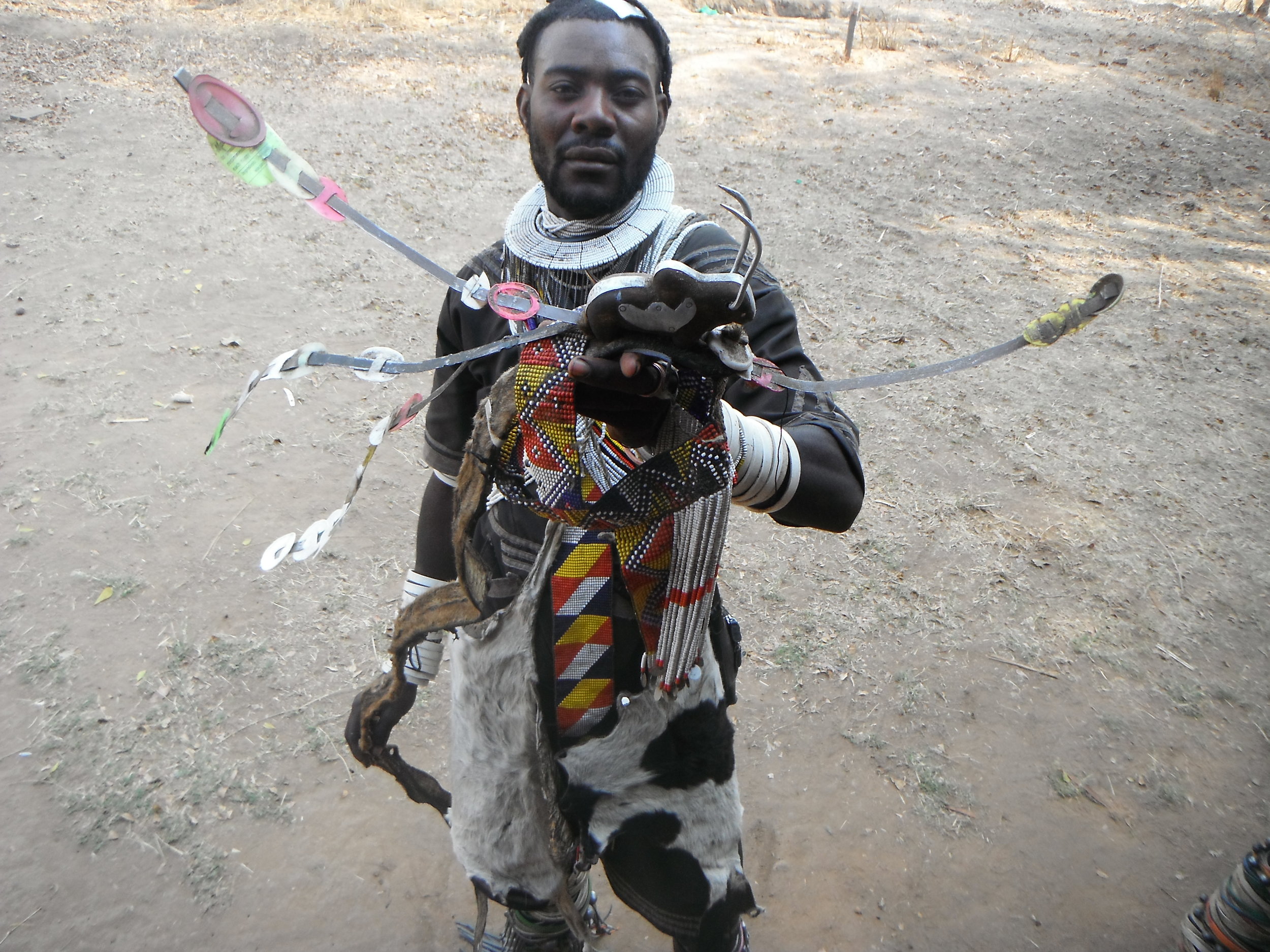
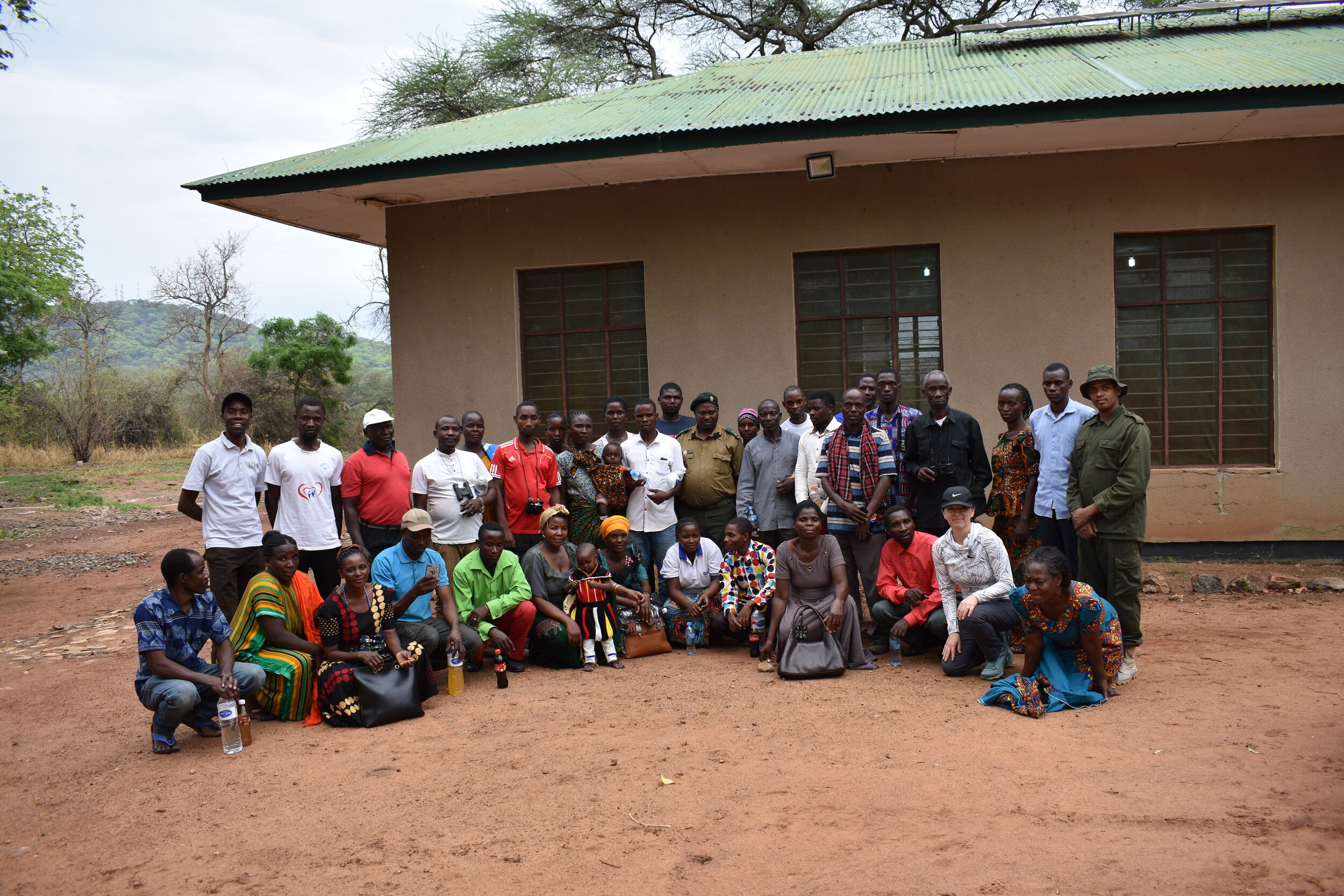
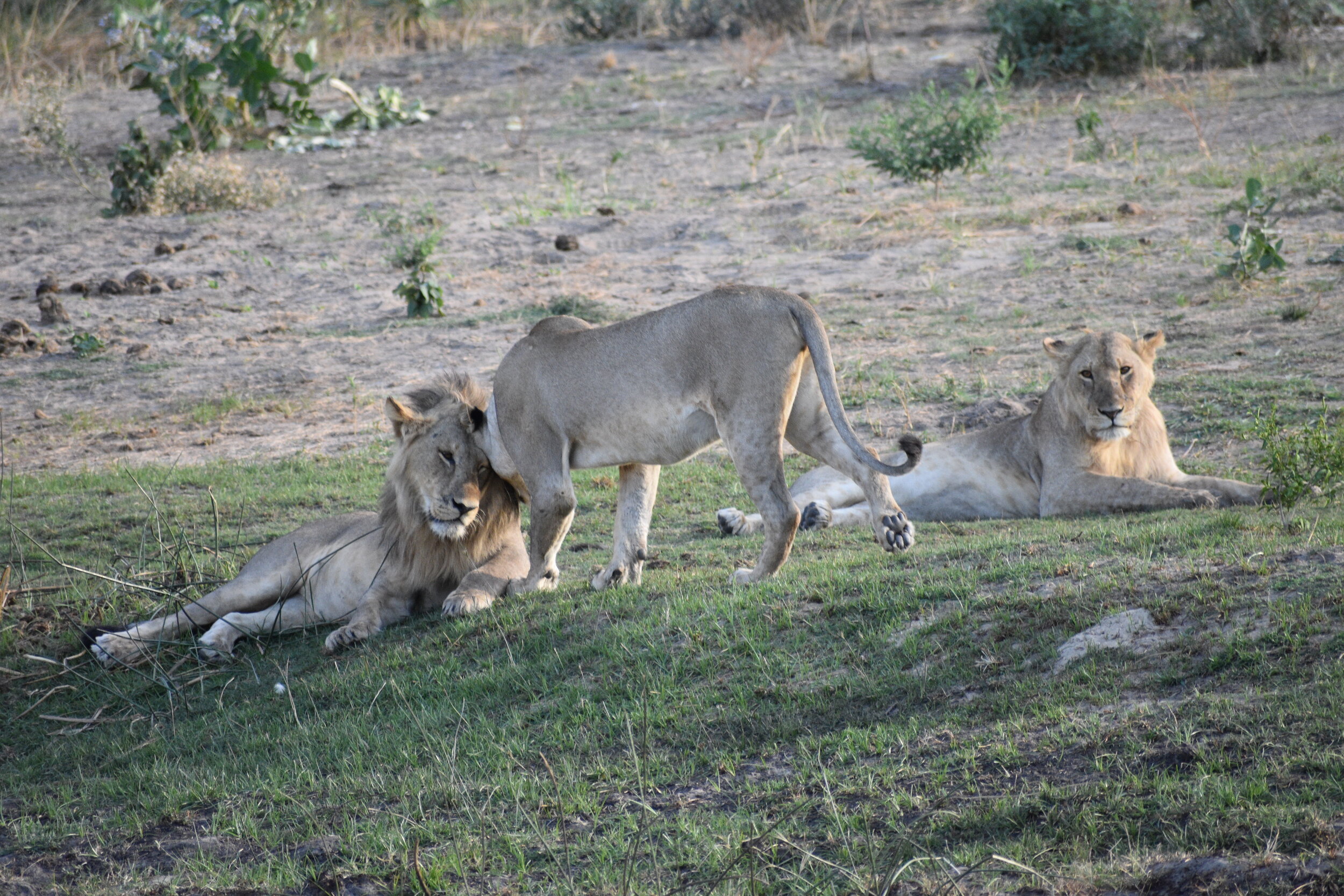
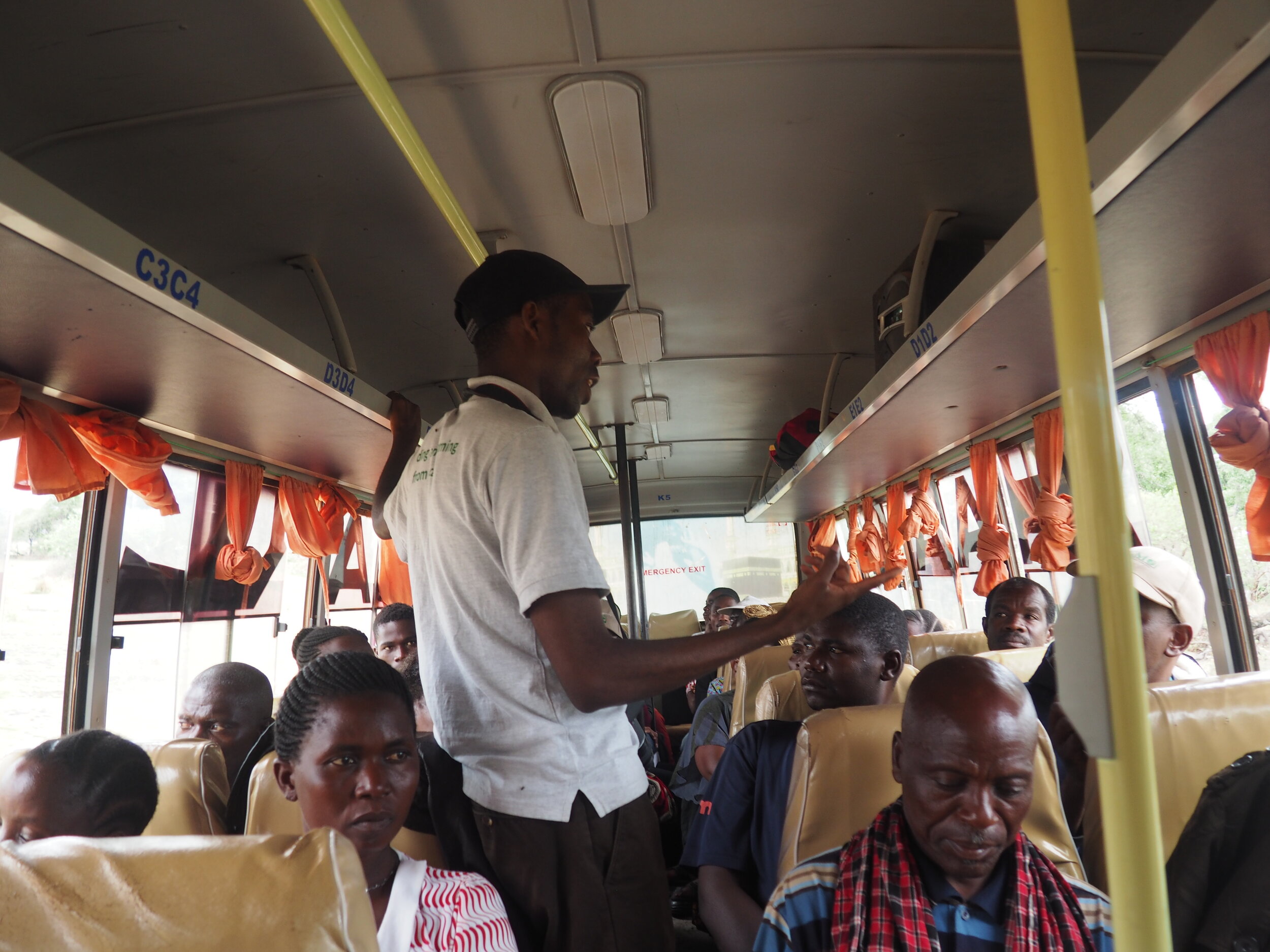
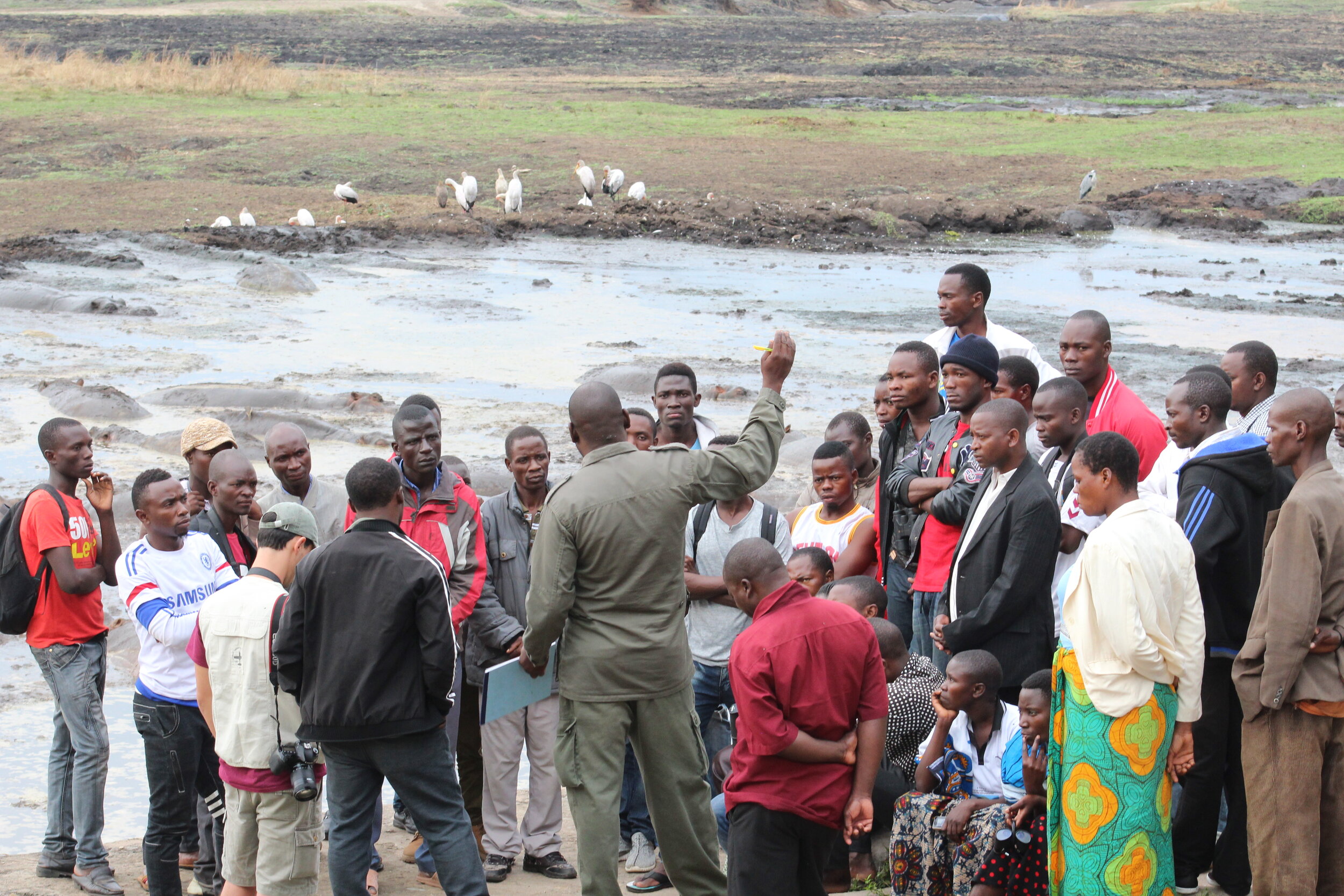

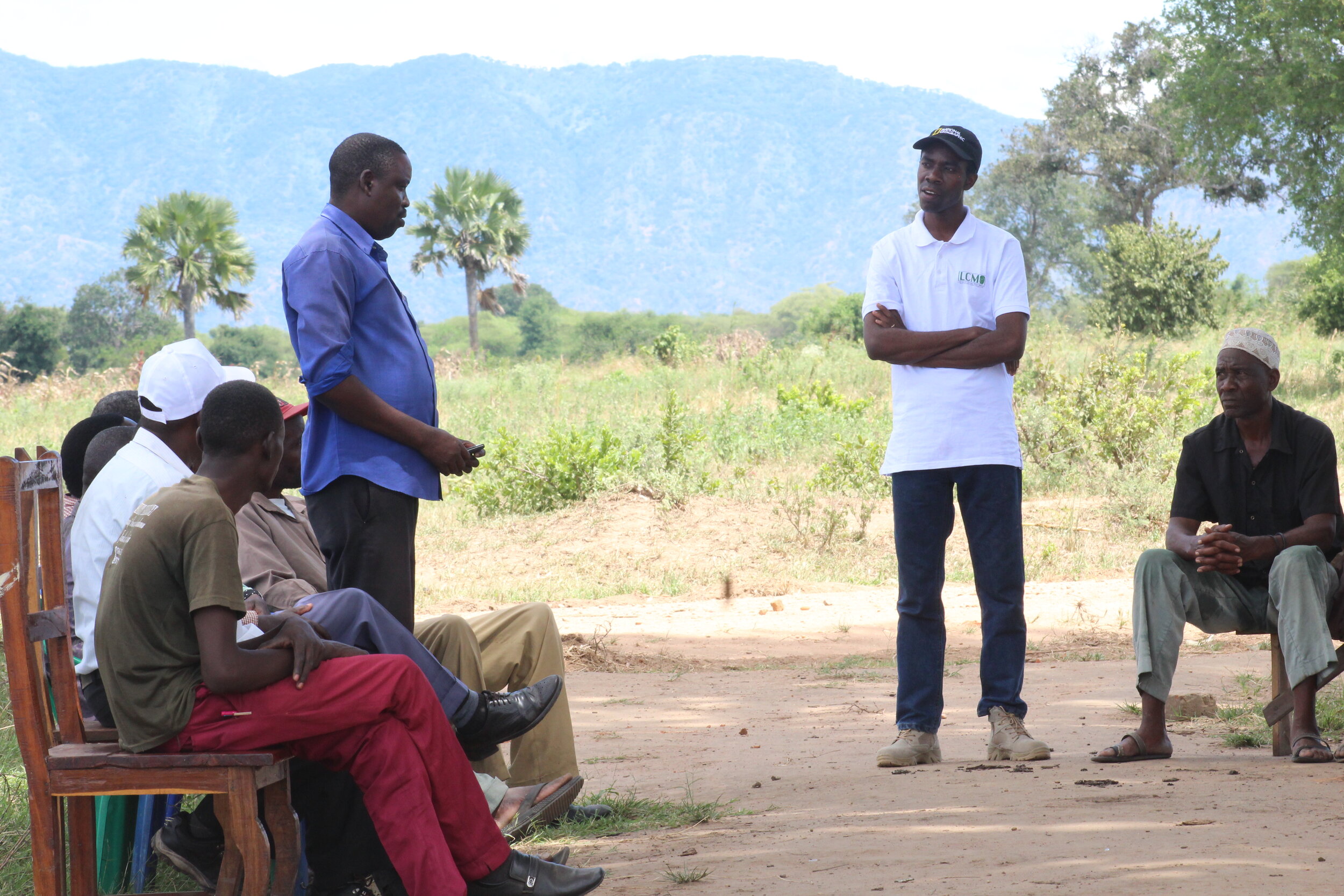
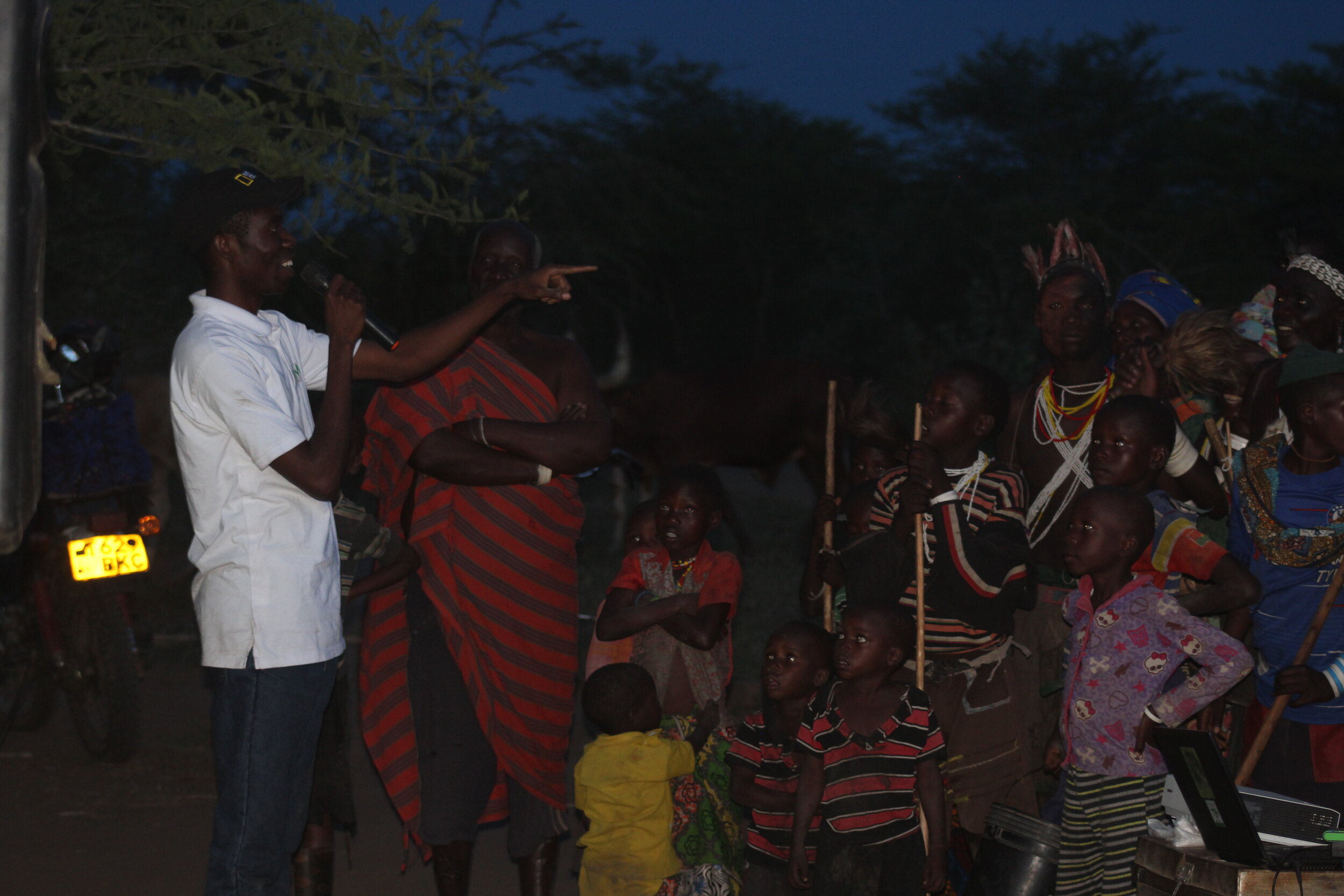
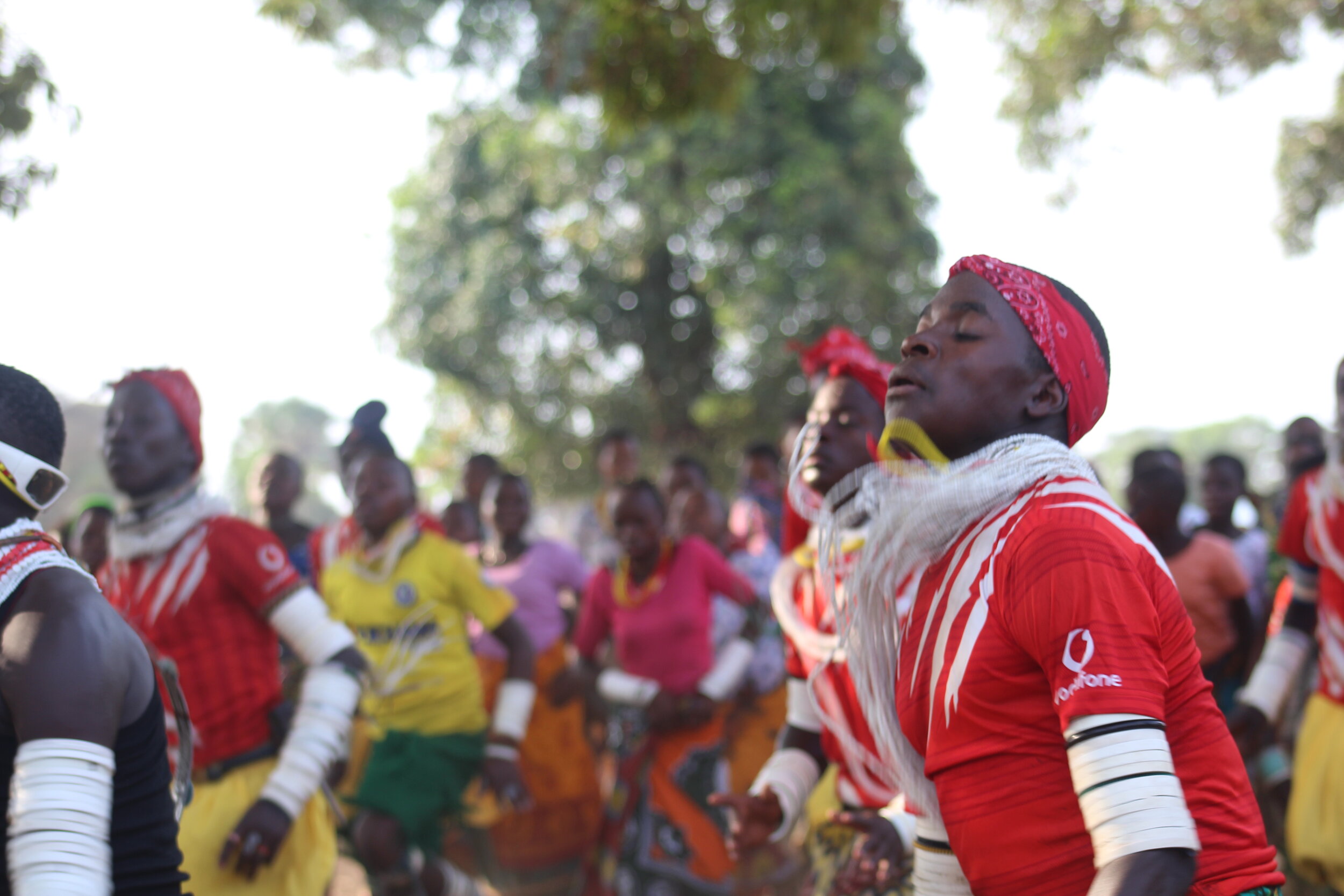
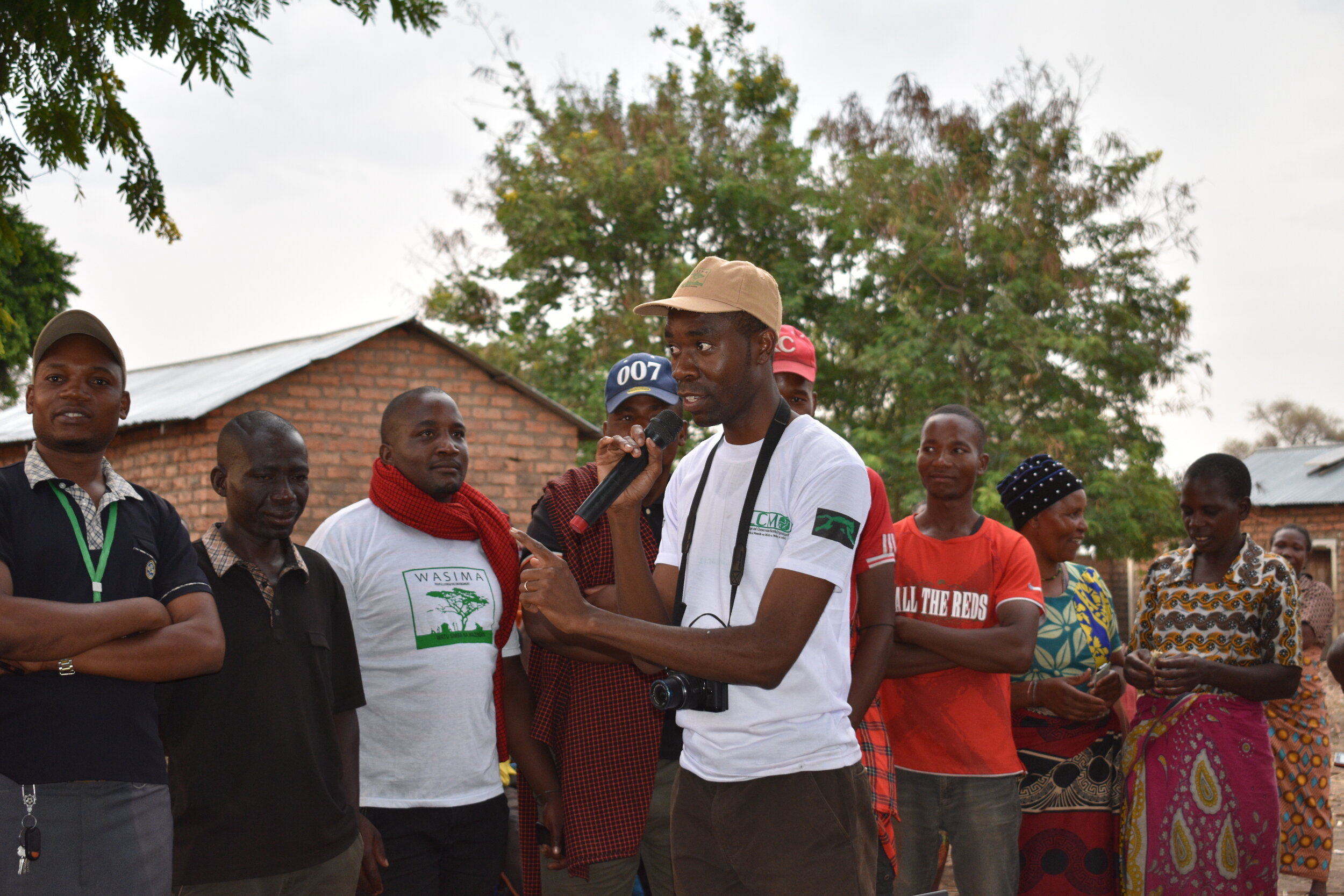
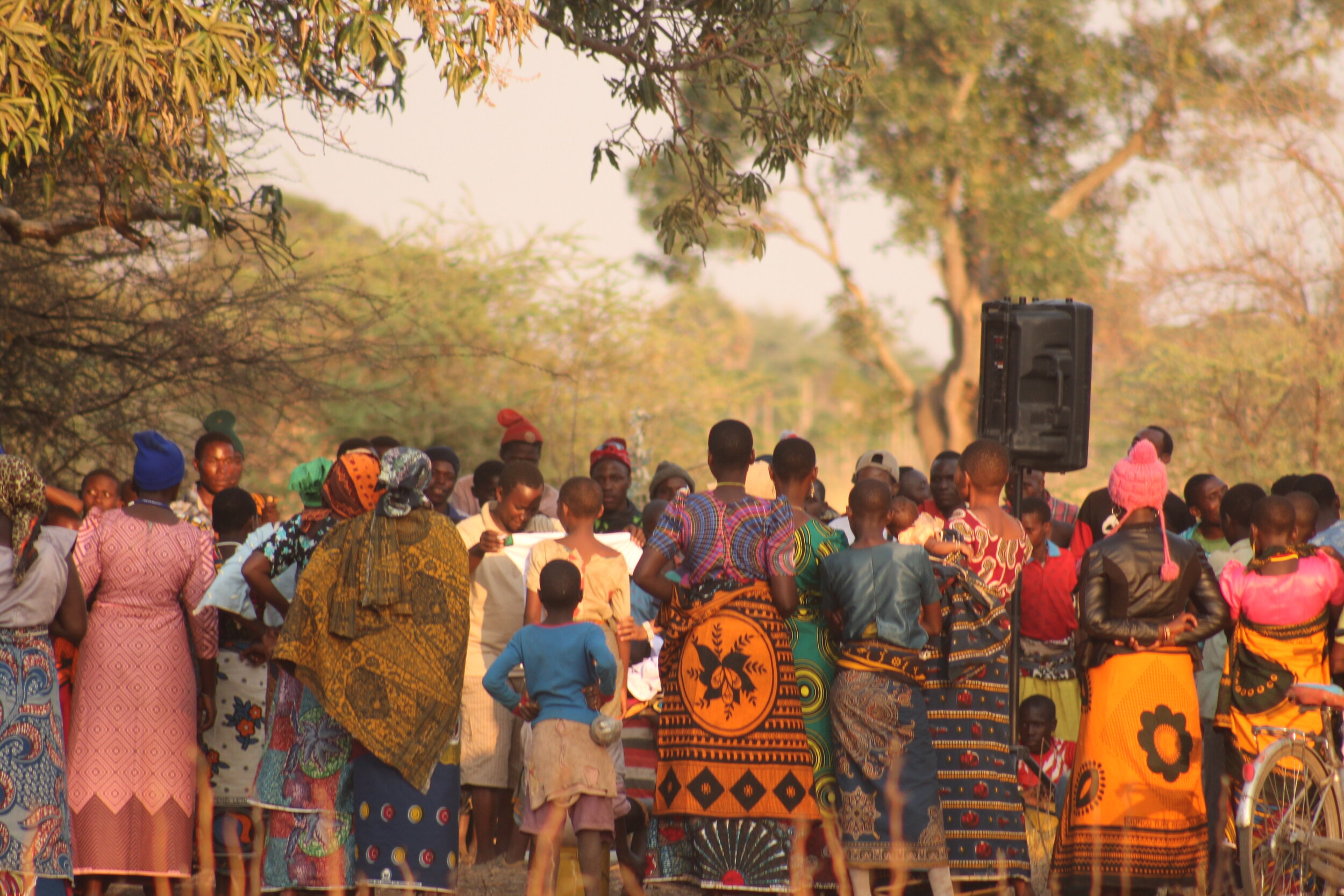
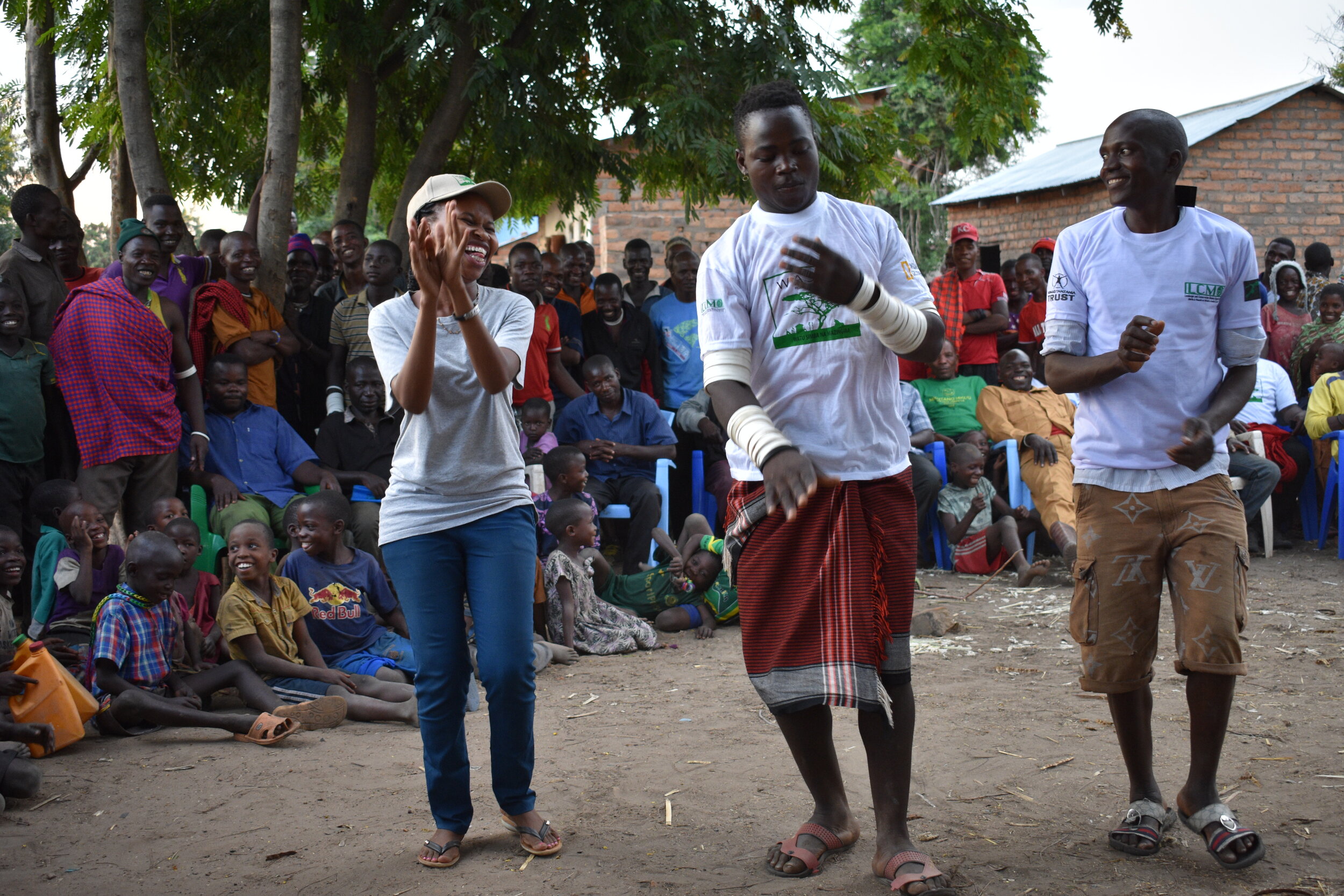
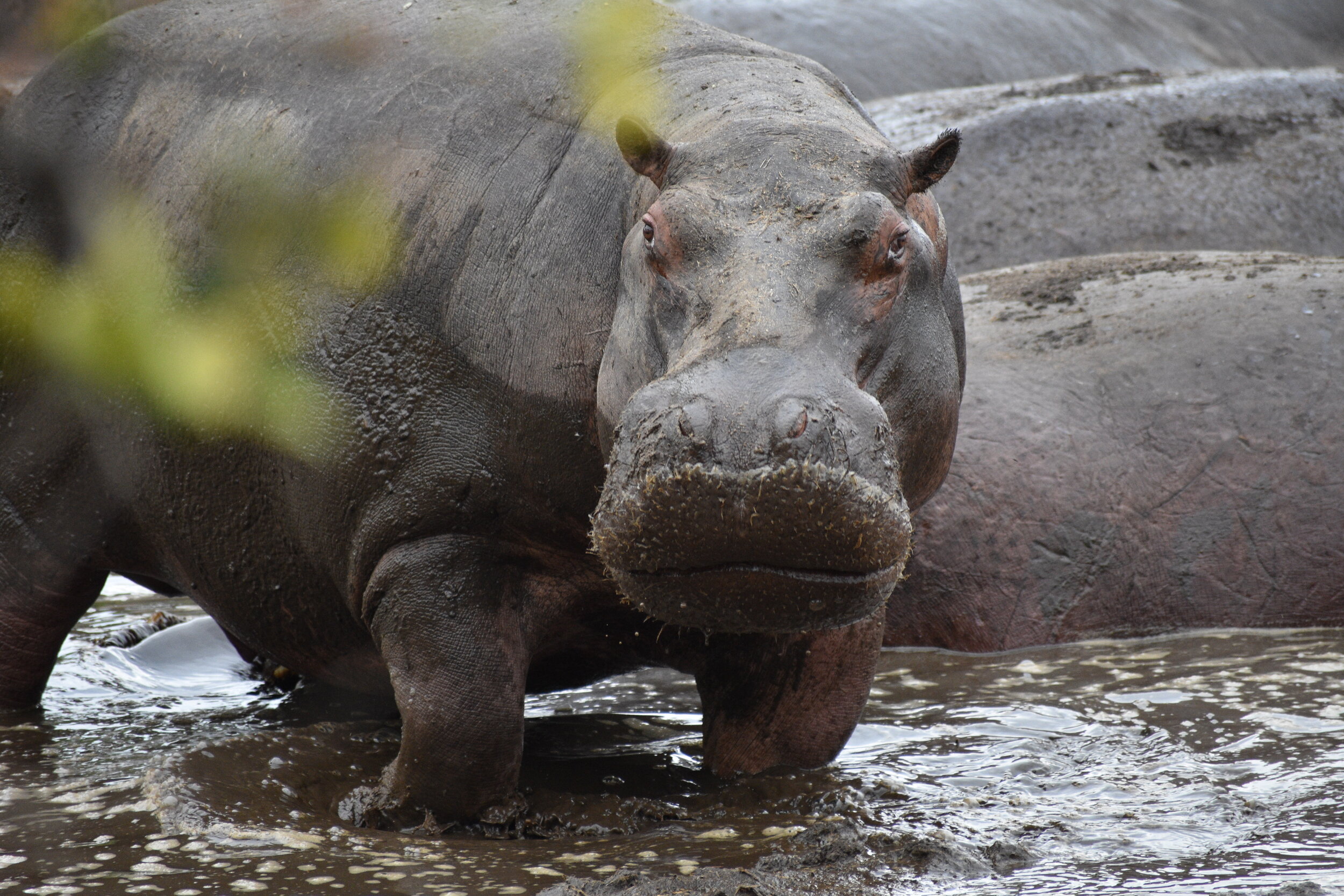
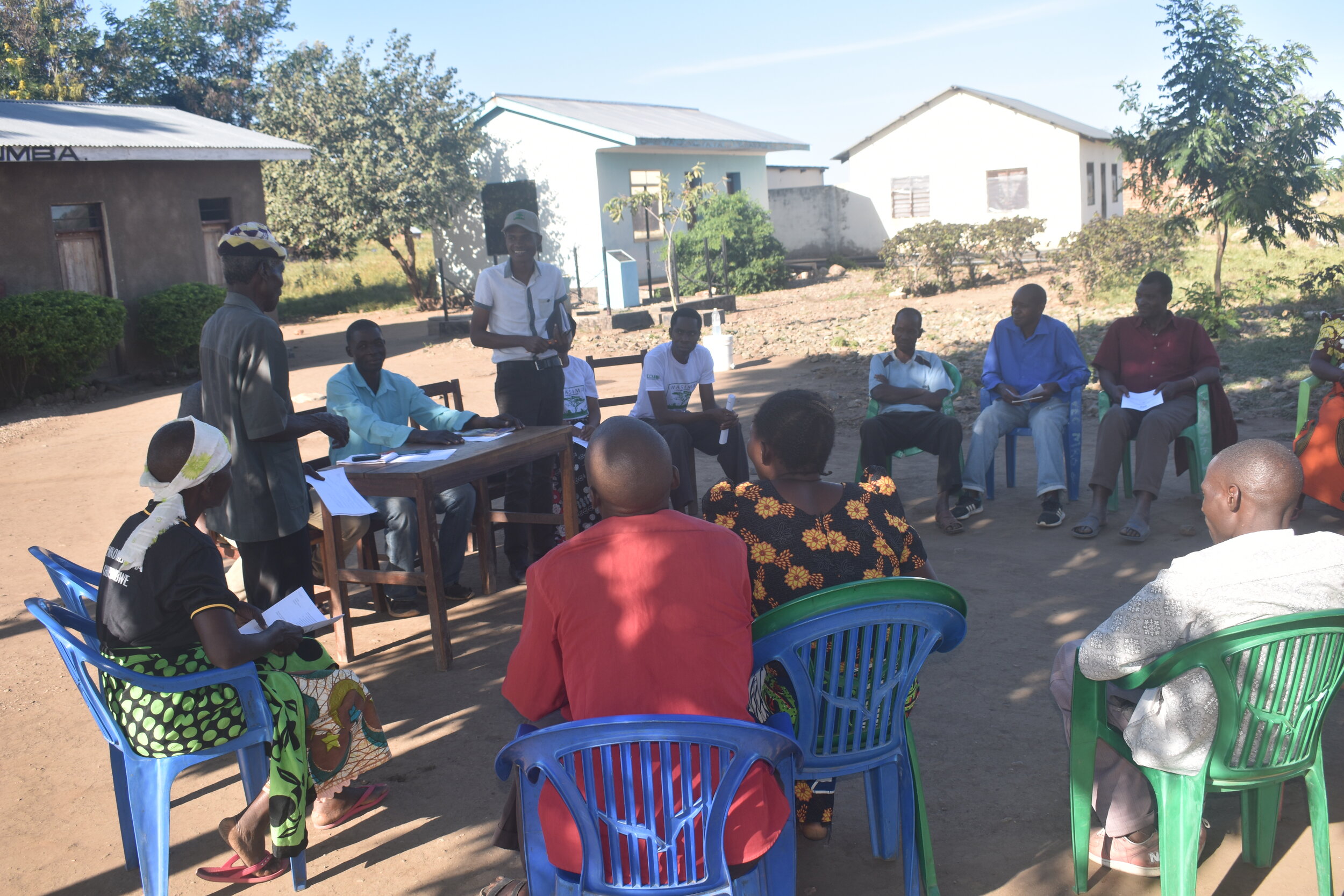
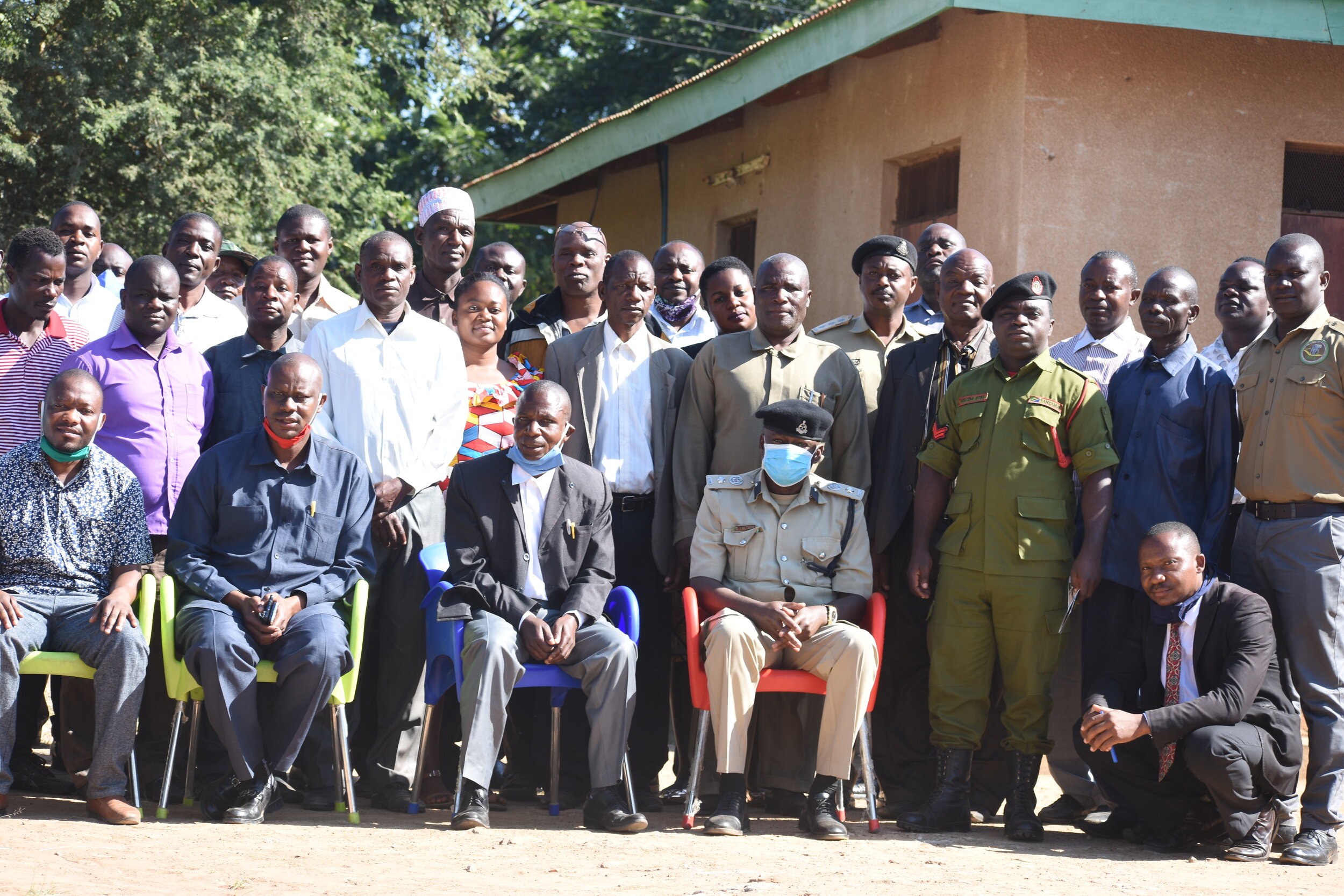

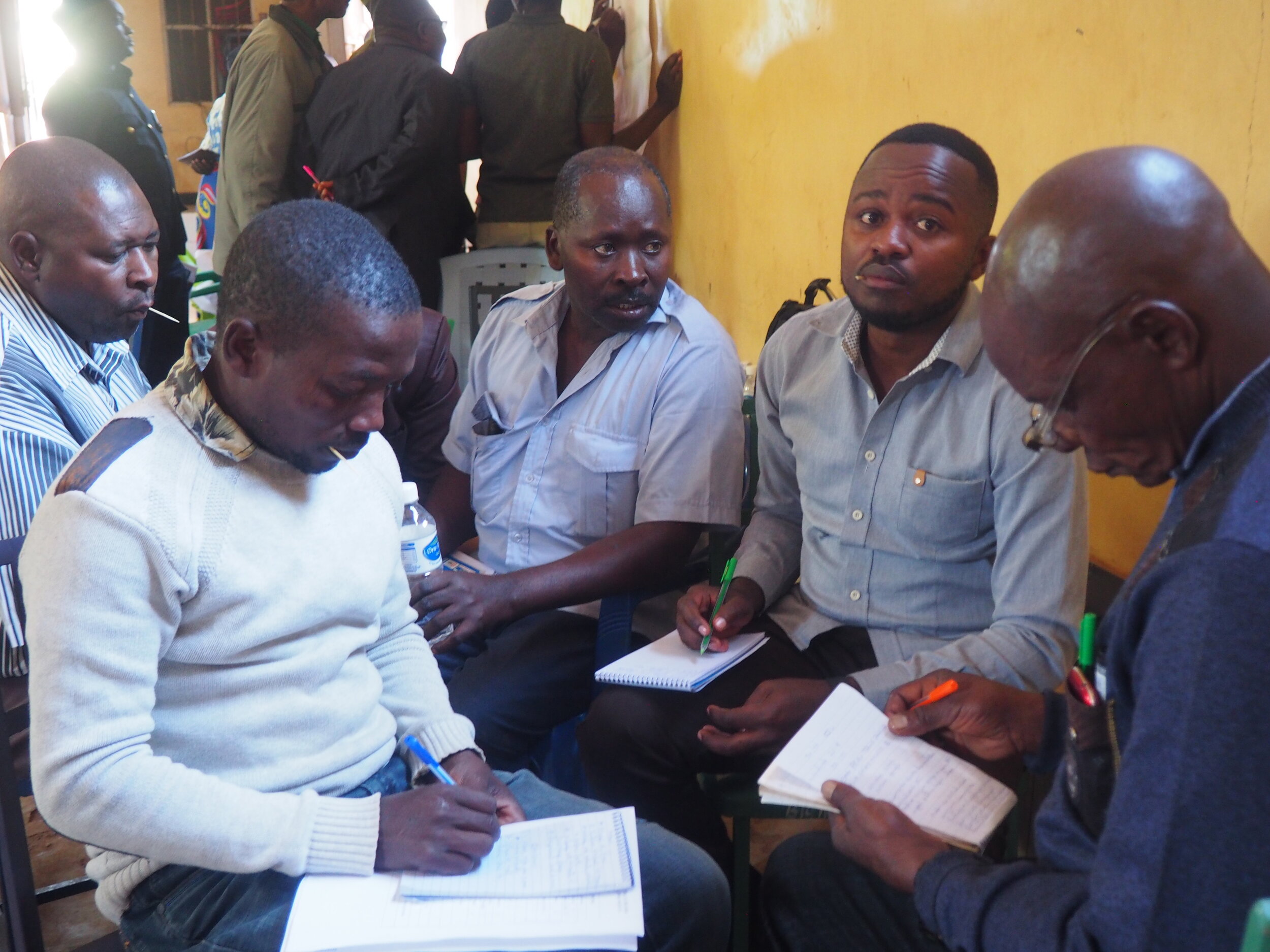
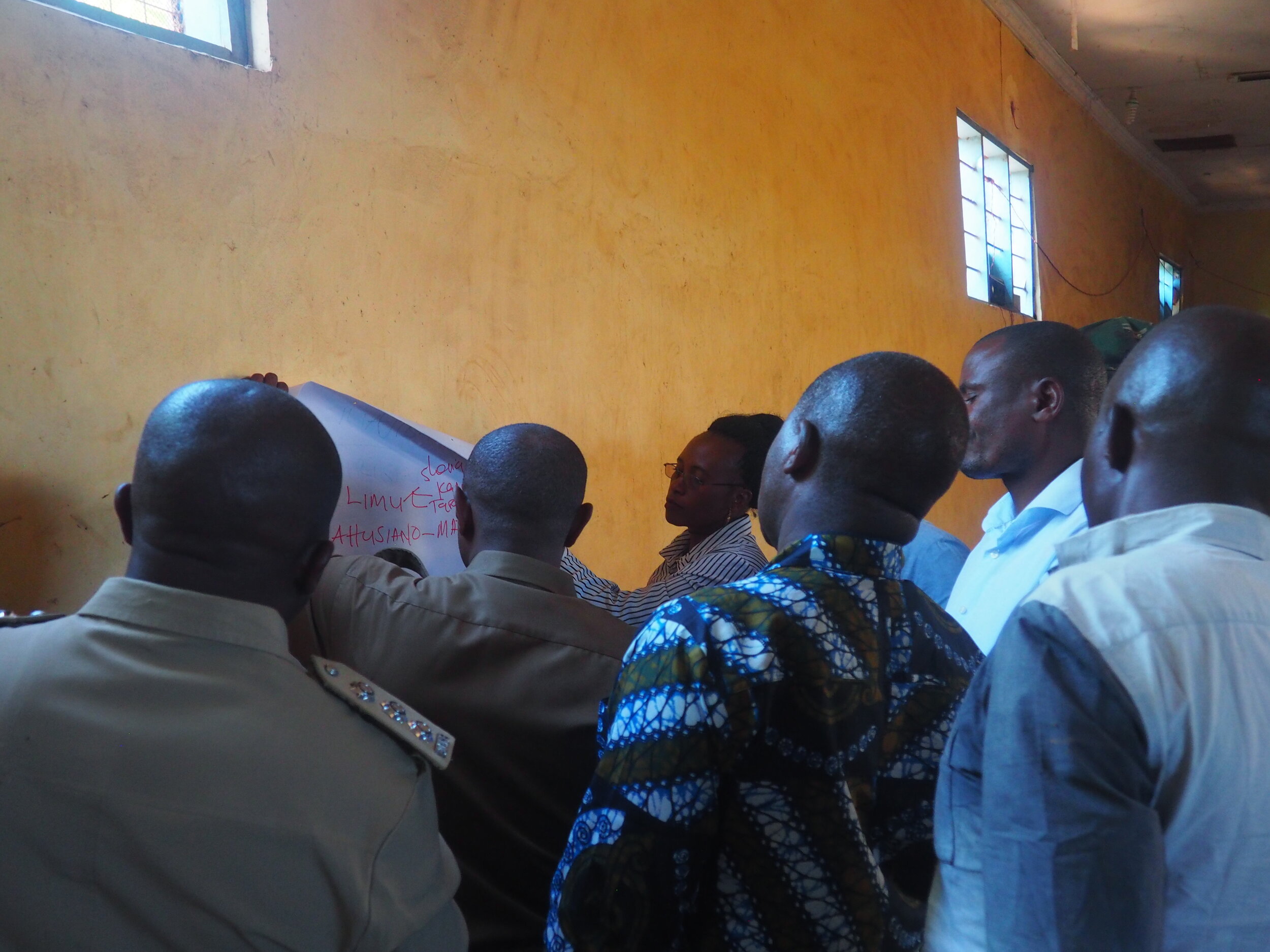
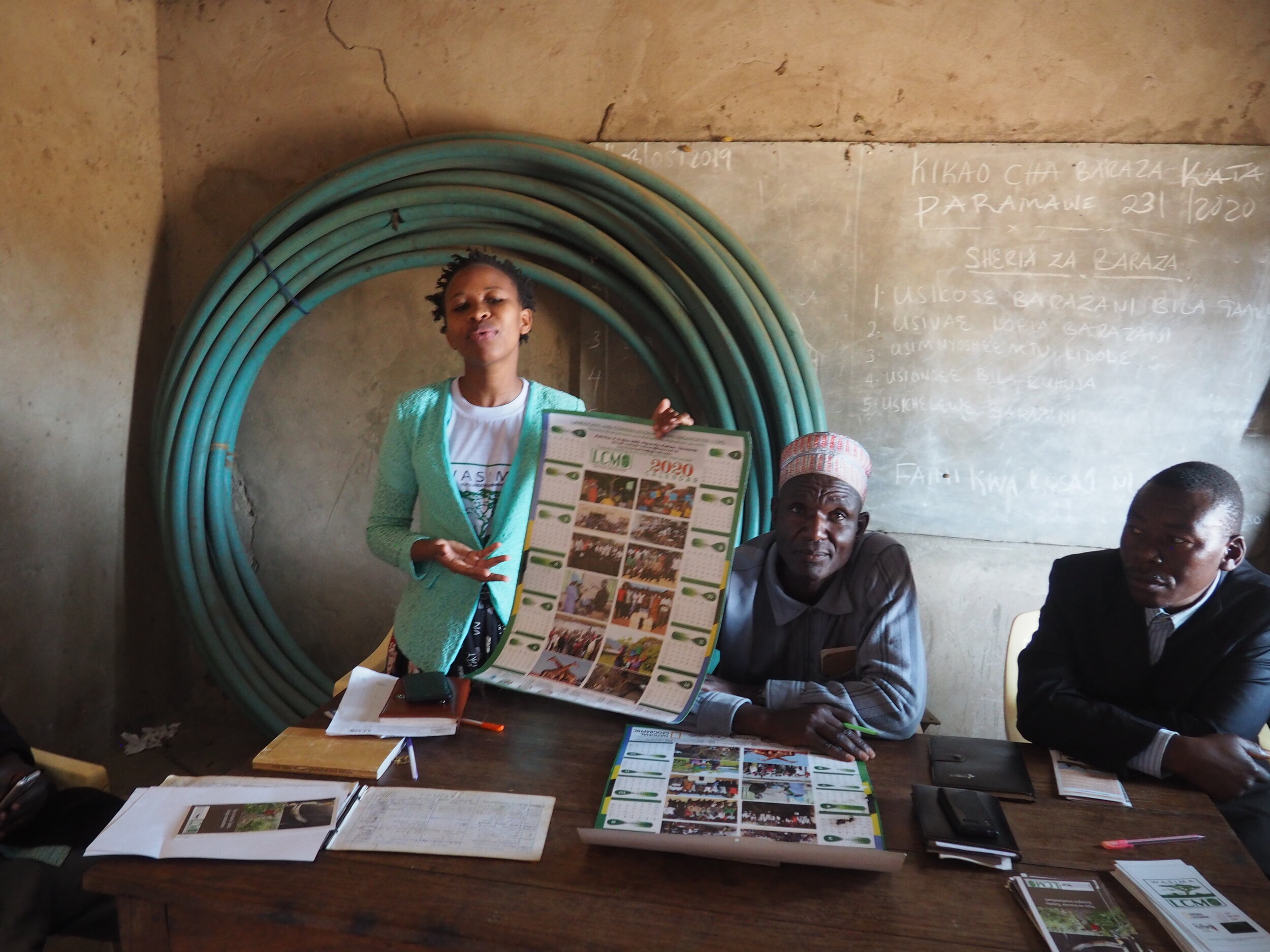
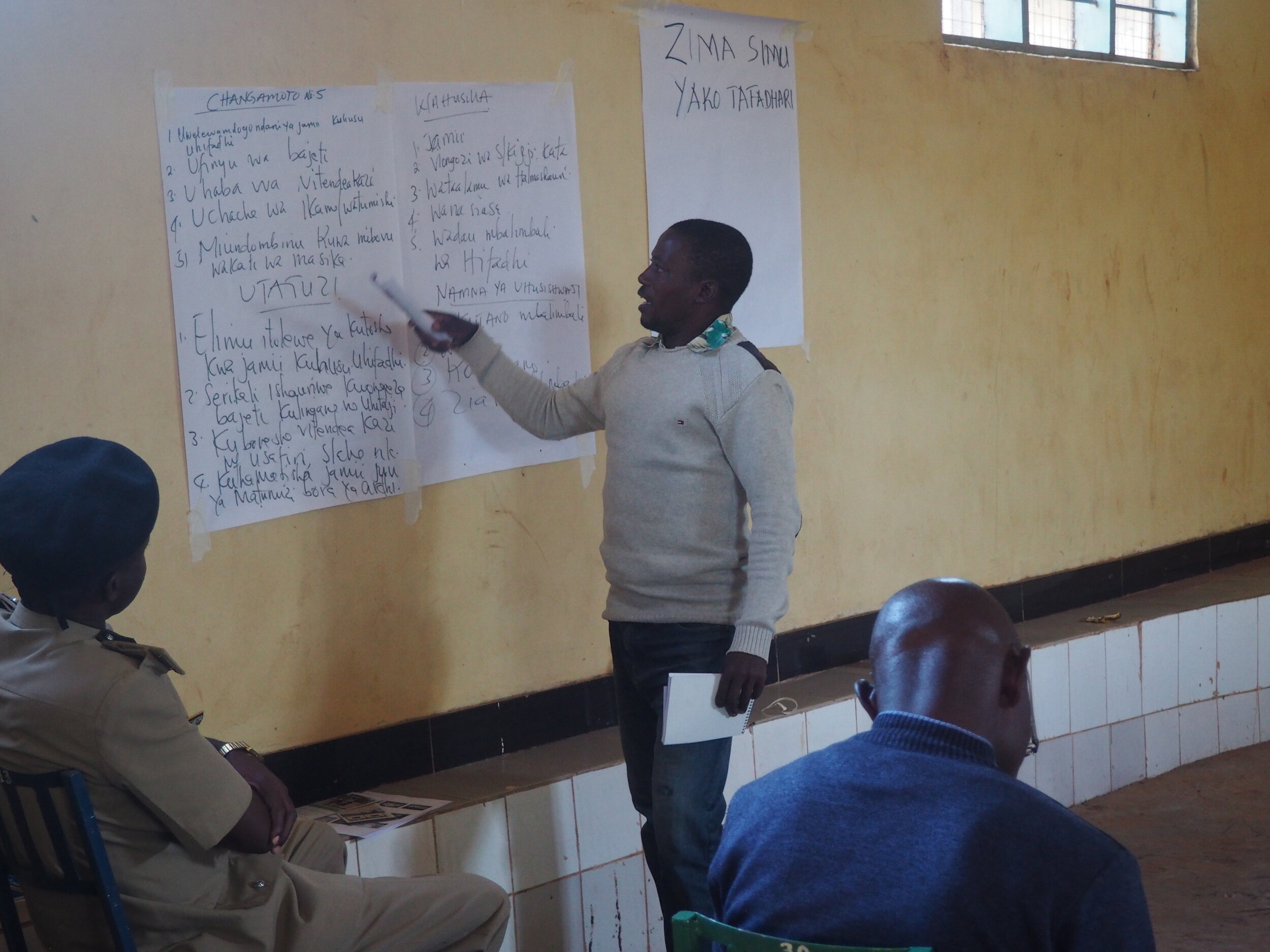
WASIMA aims to develop a culture of strong local environmental stewardship by harnessing the power of traditional policing institutions, recognizing the need to link environmental education, local development, and environmental conservation.
WASIMA is an environmental campaign that was first launched in 2011 as a response to research showing that lion killing was still widespread amongst the Sukuma. The immigrant Sukuma population is an economic powerhouse and has brought economic growth to the area, now constituting >50% of the population. But like other agro-pastoralist East Africans, they maintain traditions of richly rewarding lion killers, who come to proclaim their bravery in the field through a lion dance at your house. In recent years some young men have been hunting lions inside the protected areas rather than lions threatening homesteads since there are few lions outside protected areas nowadays.
This manipulation of traditional customs has sparked a grassroots protest movement that WASIMA supports. Our principal success lies in establishing village by-laws that outlaw illegal lion killing and lion dancing. Such laws now exist in almost every village in Mpimbwe. Additionally, WASIMA uses its popular appeal to try to control tree cutting and illegal incursions into protected areas, to provide broader environmental education, to support the incipient WMA, and is now poised to move to other areas in Tanzania where the arrival of Sukuma shifts the ecological balance.
WASIMA team is strengthening expanded operations from 22 villages in Mpimbwe, south of Katavi National Park (4471km2) to other more than 15 areas adjacent reserves: Mahale National Park (NP) (1613km2), Rukwa-Luafi (7024km2), Ugalla (5000km2), Moyowosi-Kigosi Game Reserves (GR)(13000km2), and Inyonga- Mlele (2350km2)Forest Reserve (FR) in western Tanzania where lions are at high risk. Most of these areas are faced with a high uncontrolled influx of agro-pastoral Sukuma who remotely settles around them despite being habitats of both national and international importance for lions.
In addition to the Rufford conservation grant, National Geographic Society, and Crowder Messersmith Conservation Fund for expansion, WASIMA Campaign has also received
grants from Sacramento Zoo Conservation Fund, Brevard Zoo Conservation Fund, and Greenville Zoo conservation fund to stop illegal lion killings through park trips of former lion killers and lion dancers, local medicine practitioners as well as support pupils from families former lion dancers and those closer to Katavi National Park whose economy depends of nature resources harvesting like charcoal burning and poaching. To strengthen the WASIMA model in other new areas where lions are highly threatened, WASIMA received support from Wildlife Conservation Networks’ Lion Recovery. The grants are expected to reduce pressure on wildlife and enhance love for lions as well as increase feel of need for local participation in nature conservation.
Read the reports of some of the recent program works in the complex of the Rukwa-Katavi-Mhalae-Ugalla-Rungwa Ecosystem:
The recently published WASIMA evaluation paper November 2019.
The Western Tanzania District Law Enforcement Stakeholders Workshop Report-July 2020.
WASIMA campaign holds VGS training equips 80 Lion Conservation Ambassadors-June,23-24,2021. Watch a short documentary of the event.
Follow WASIMA’s current activities on our Facebook page.
